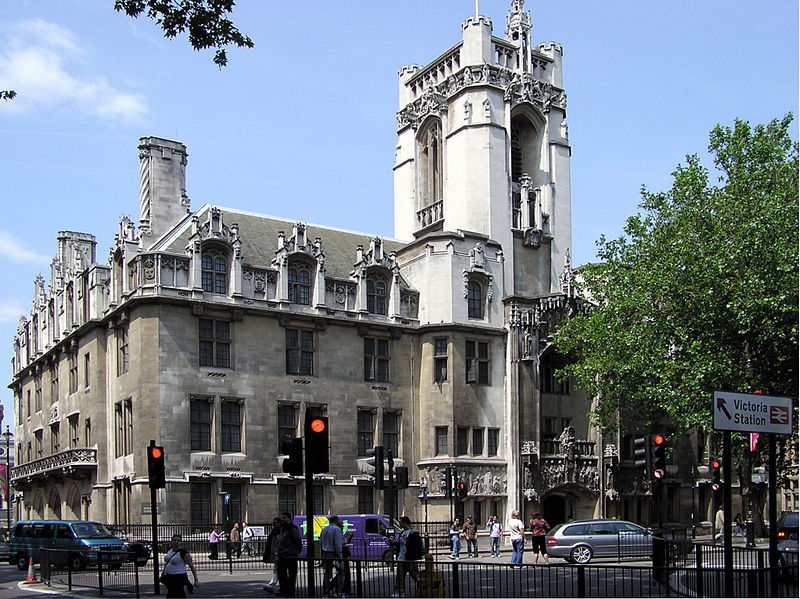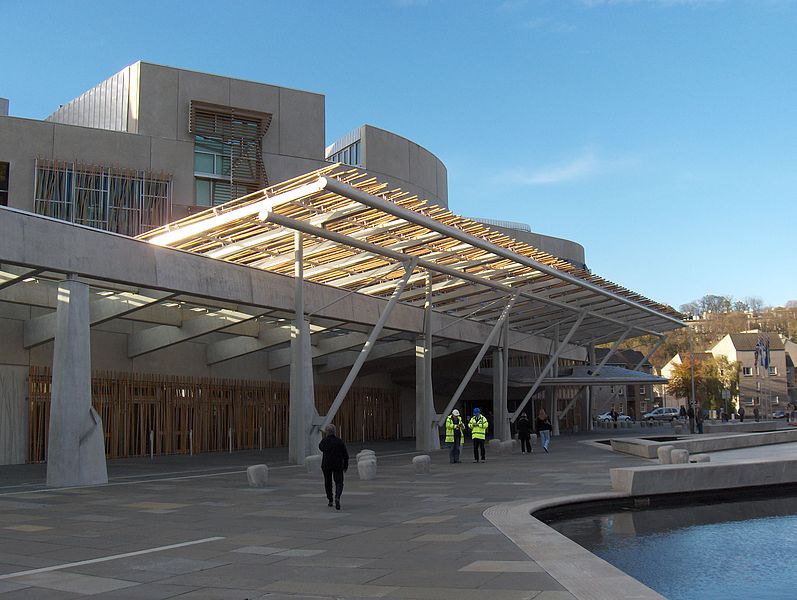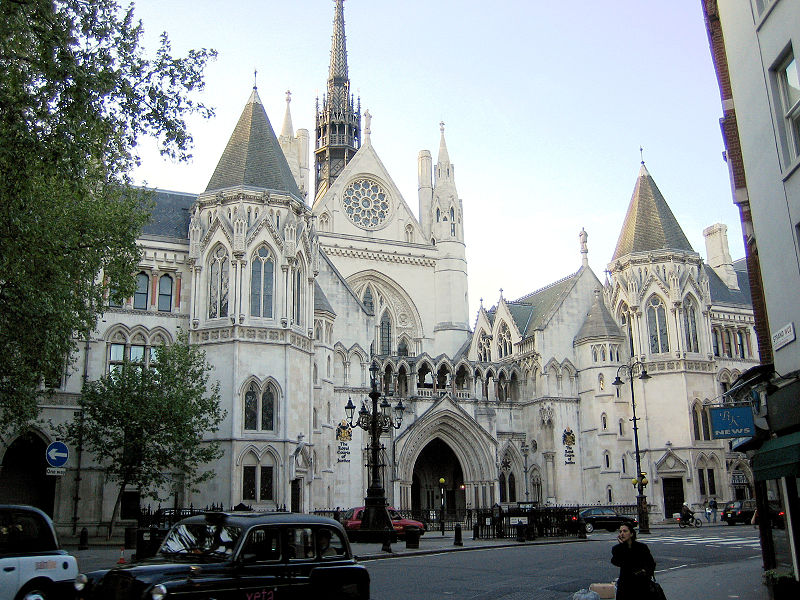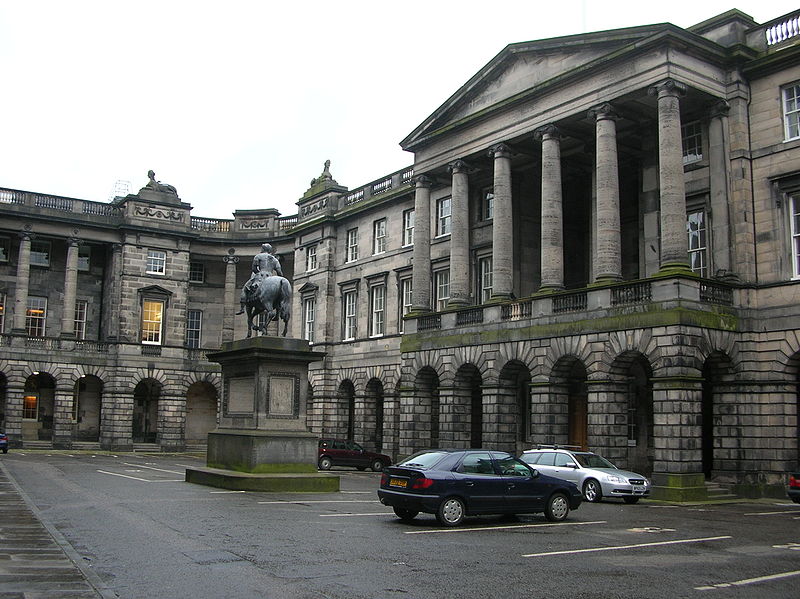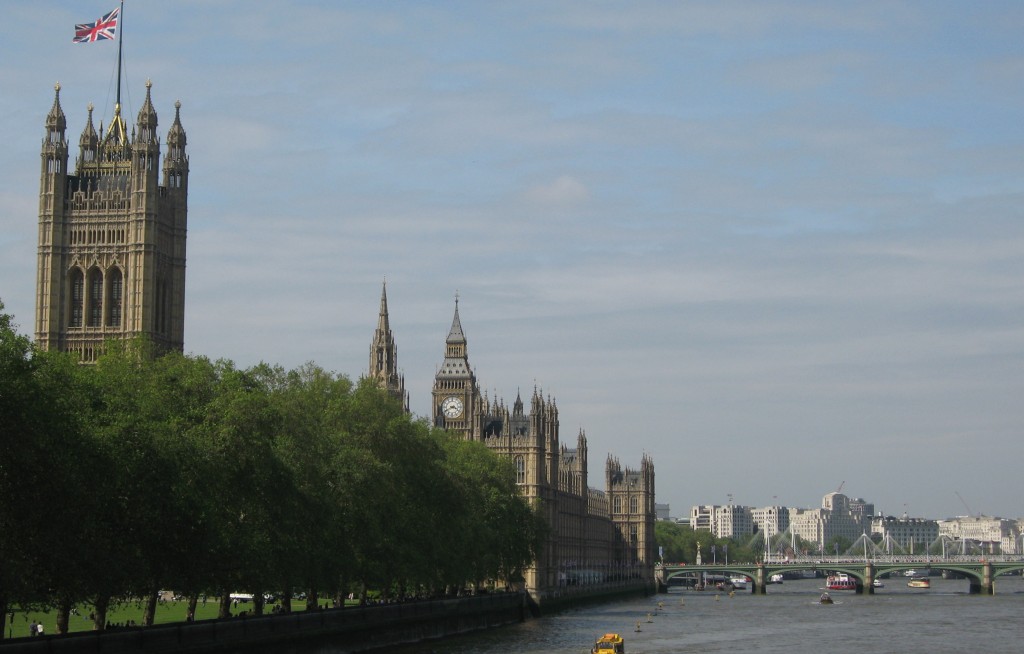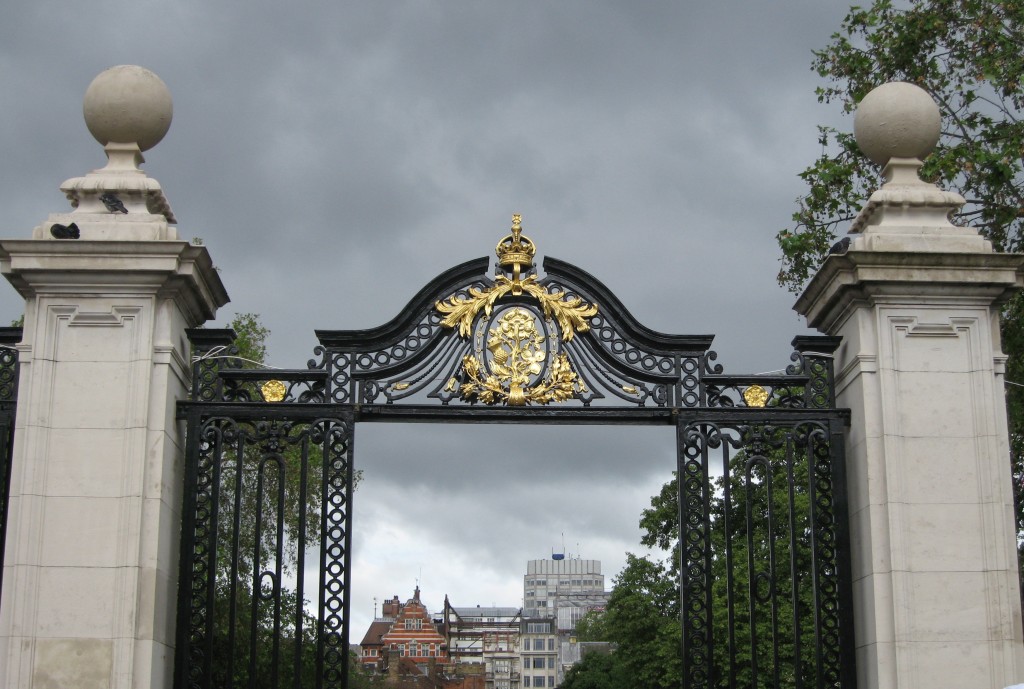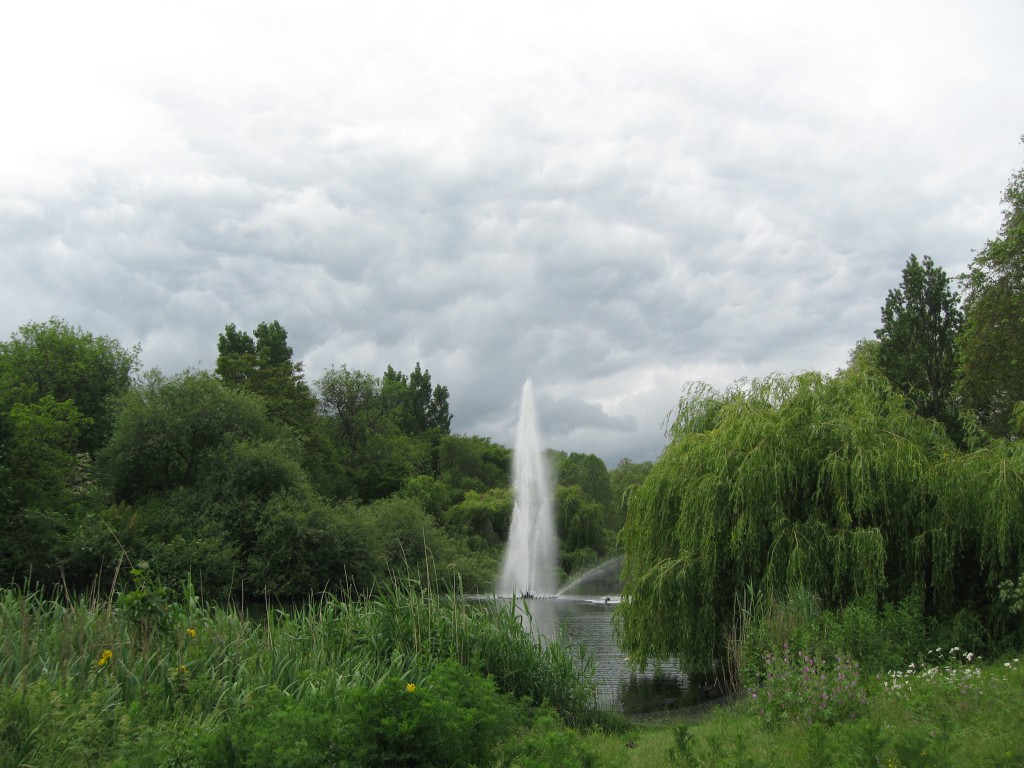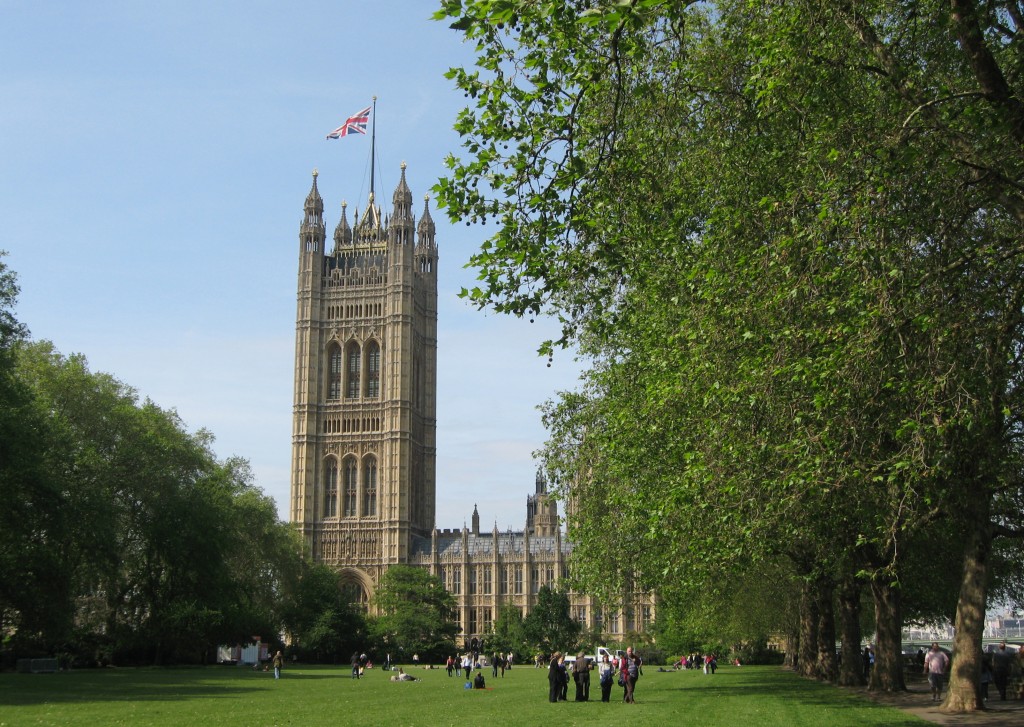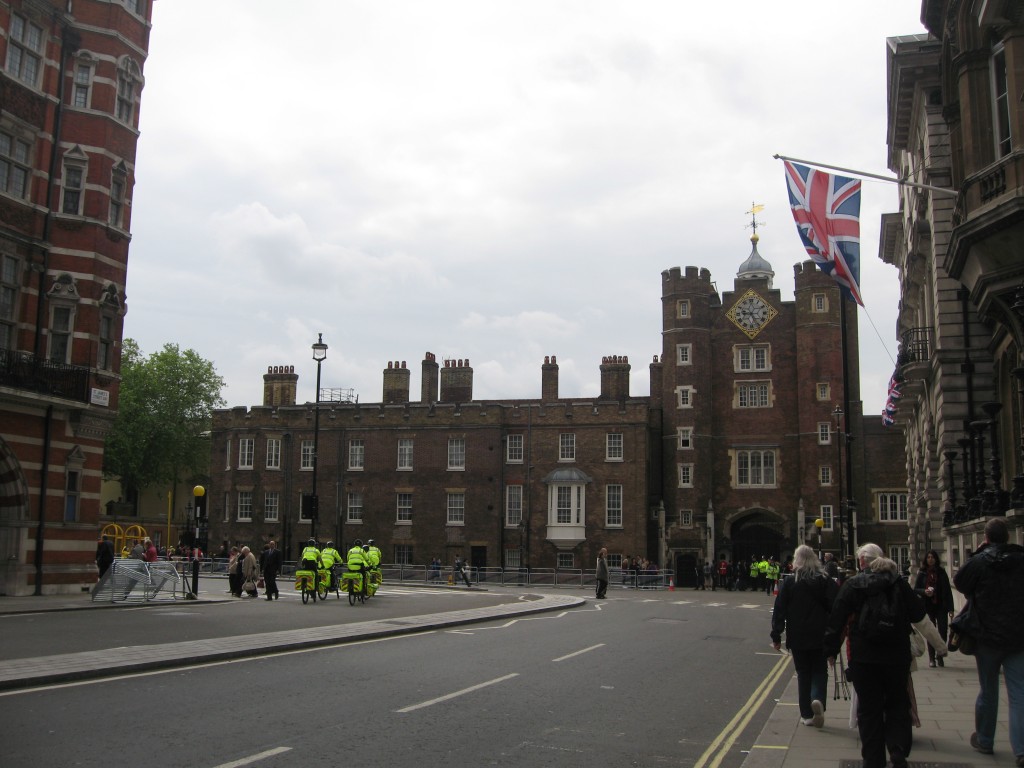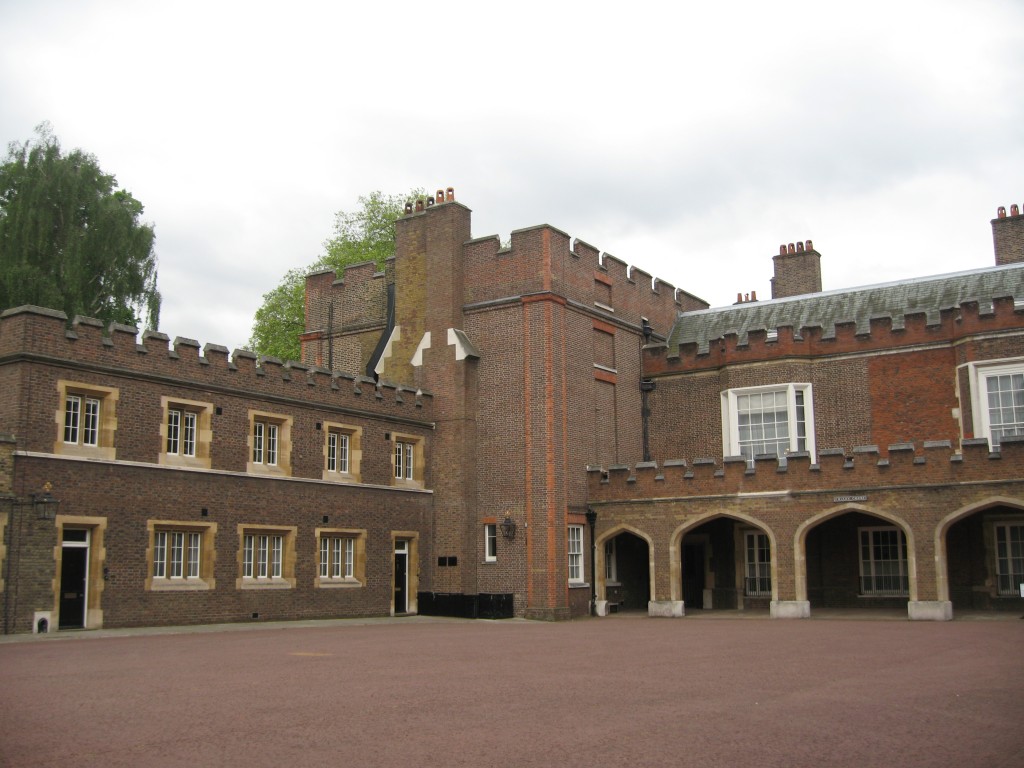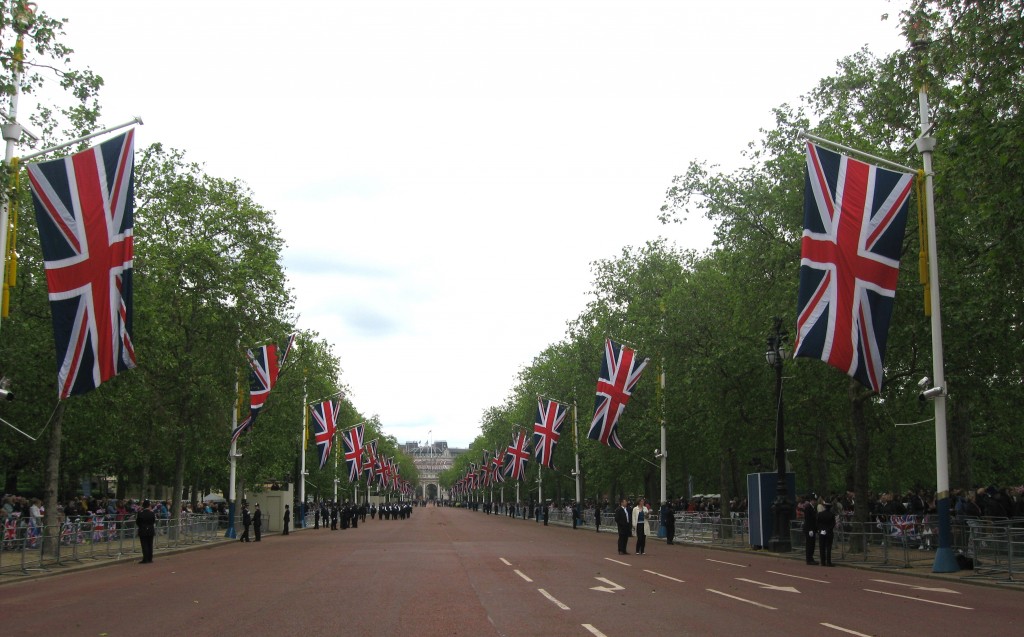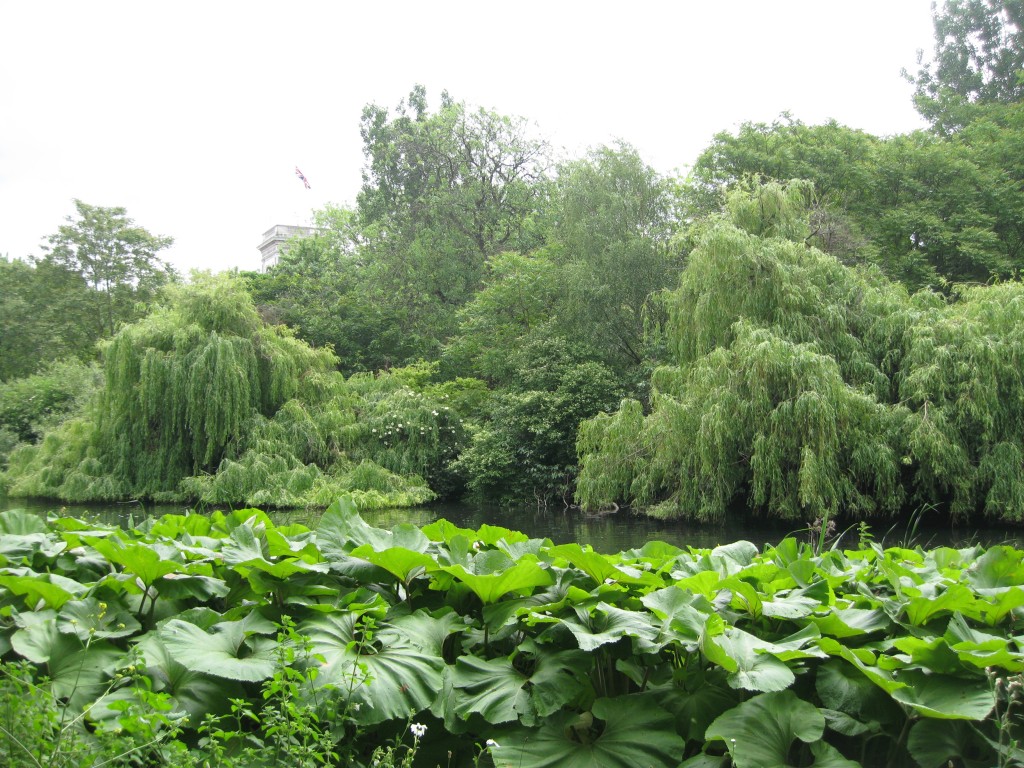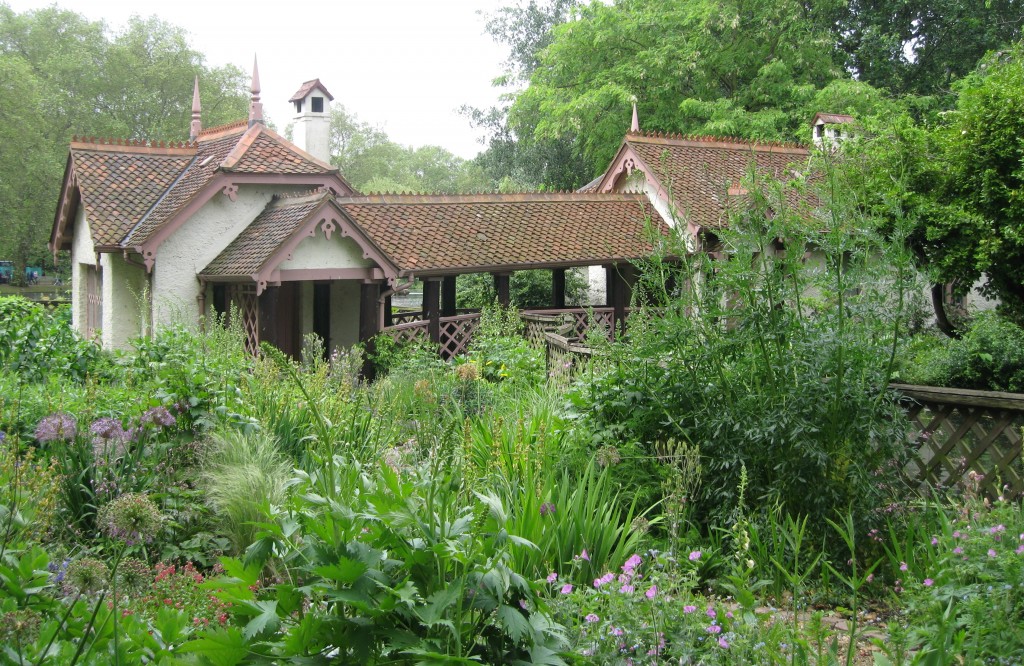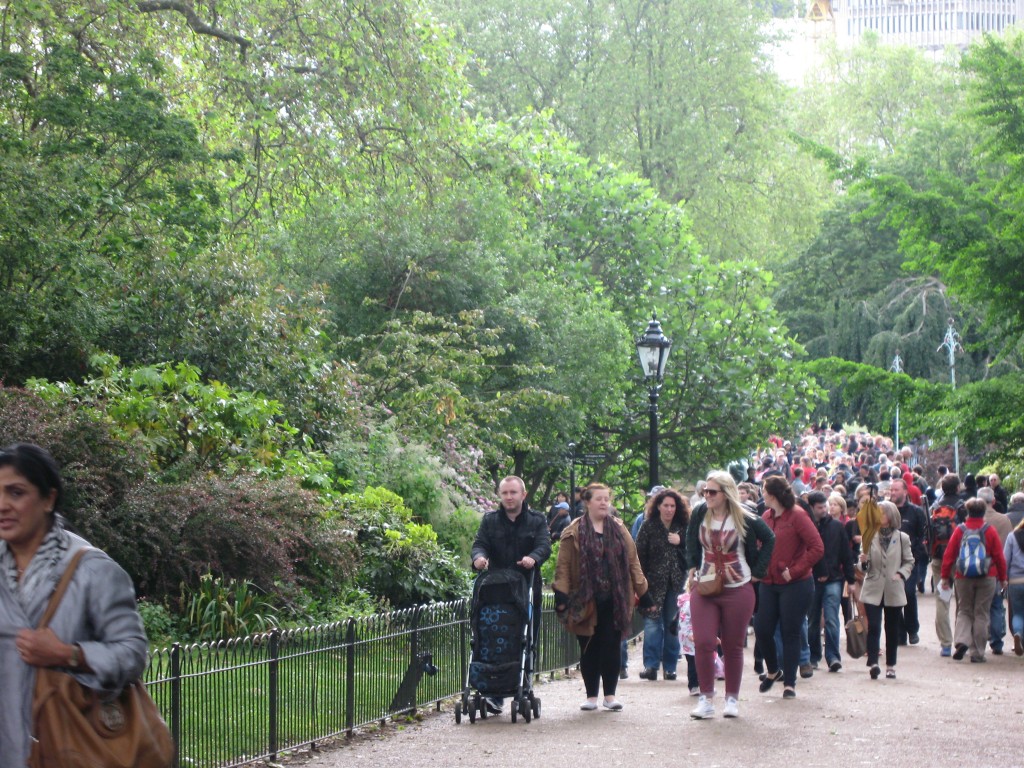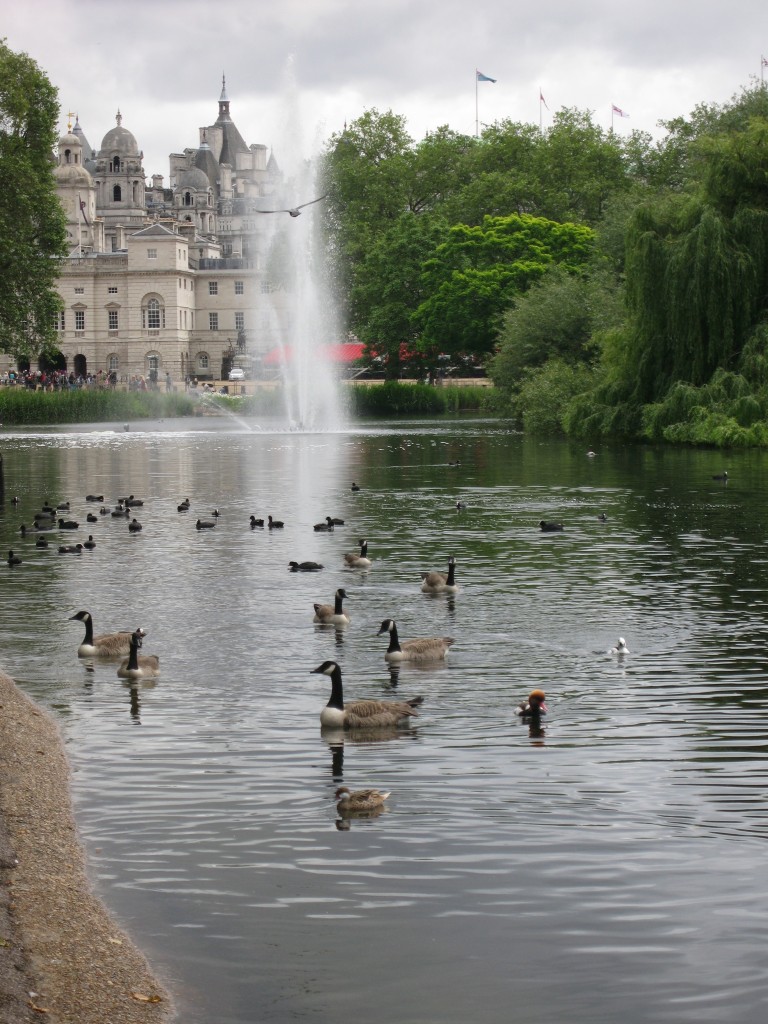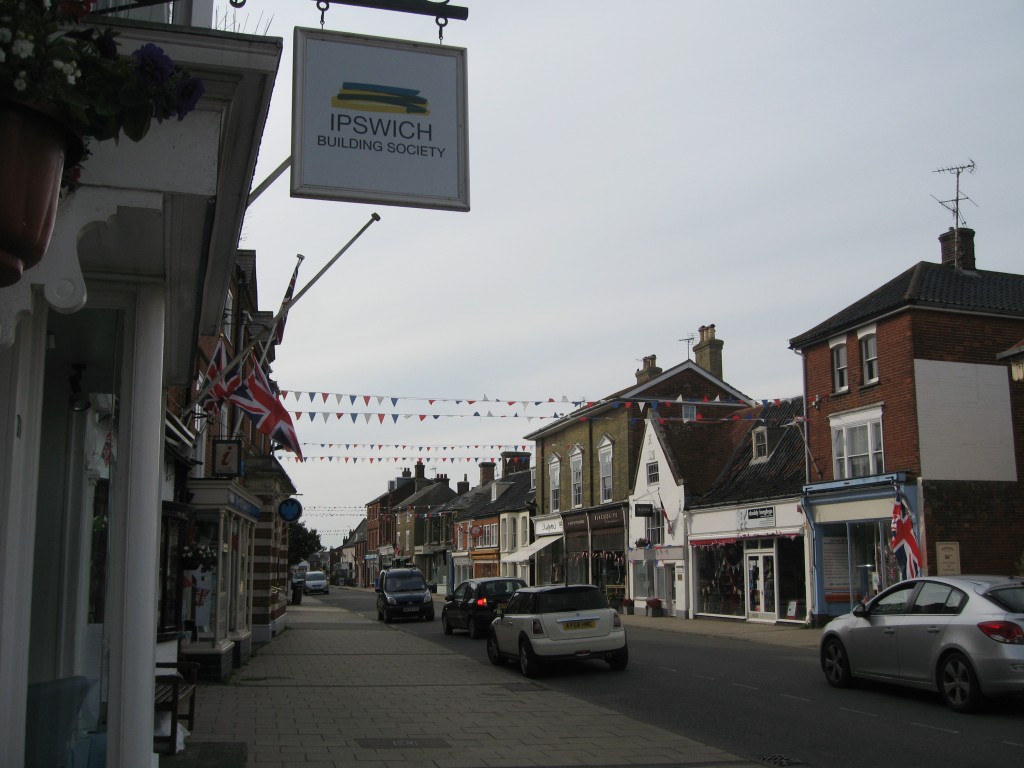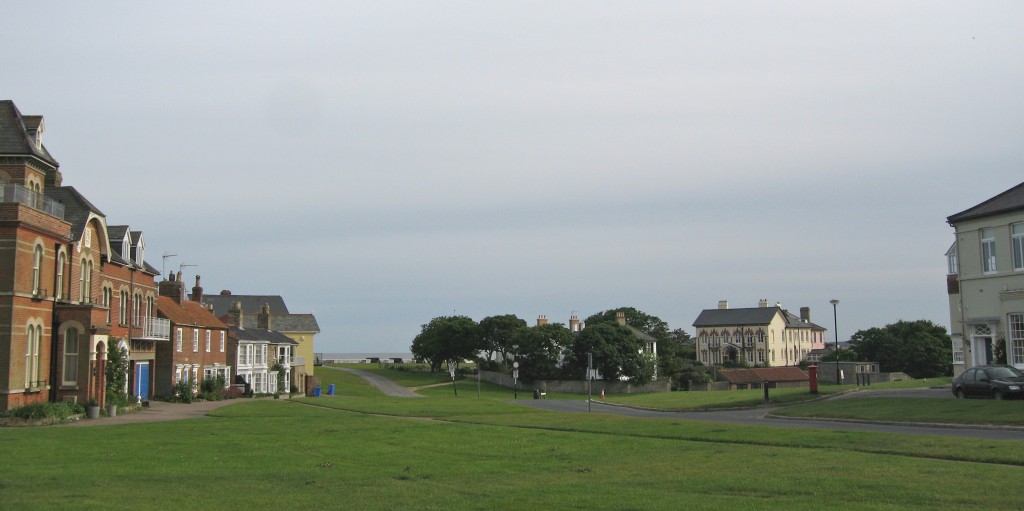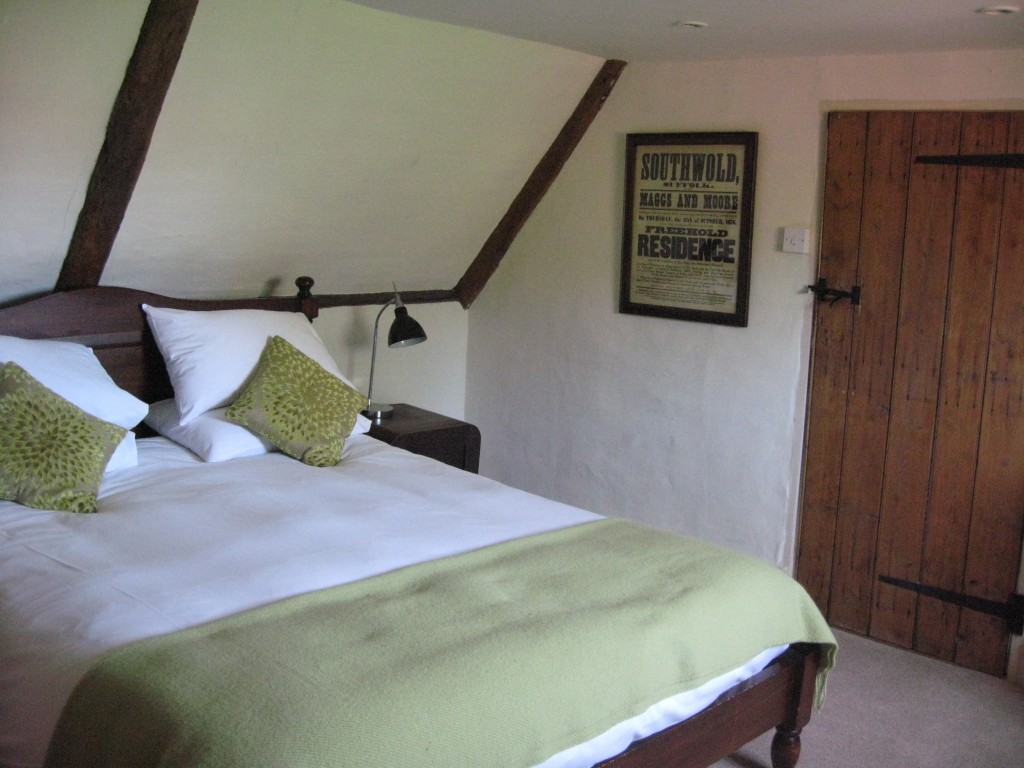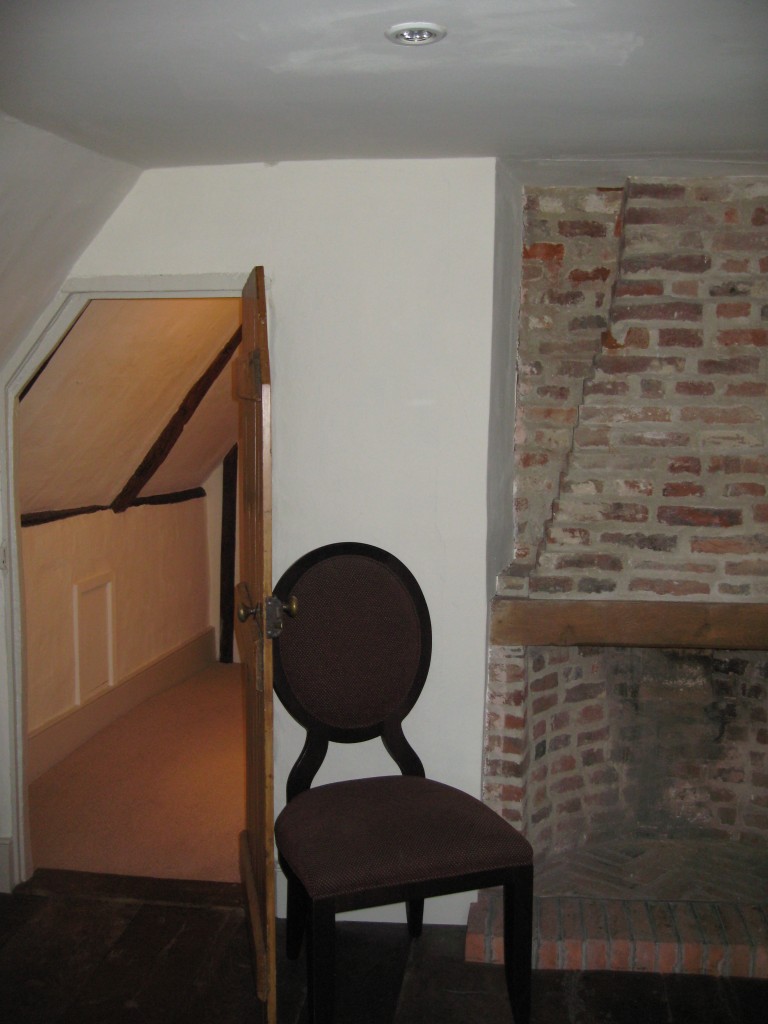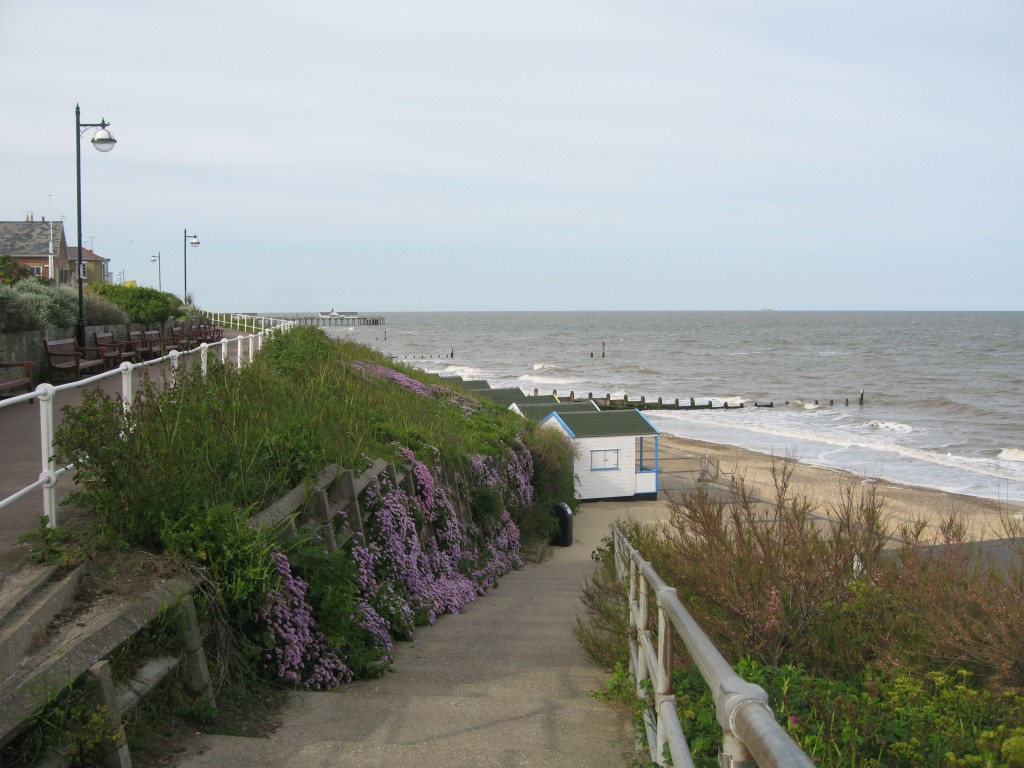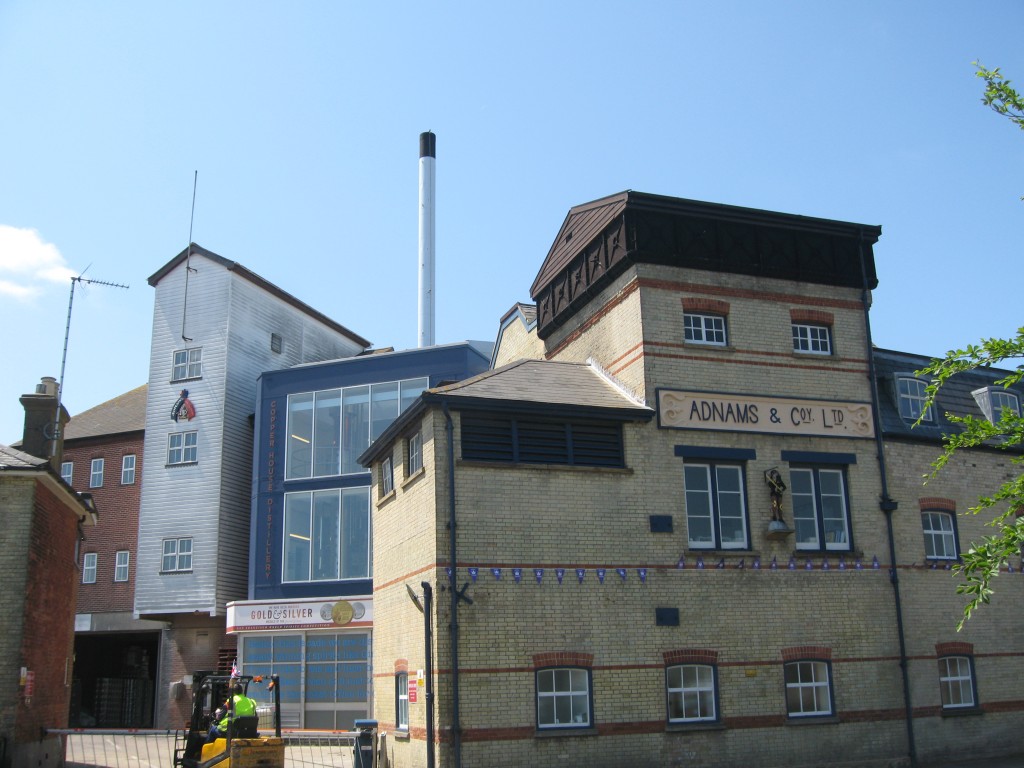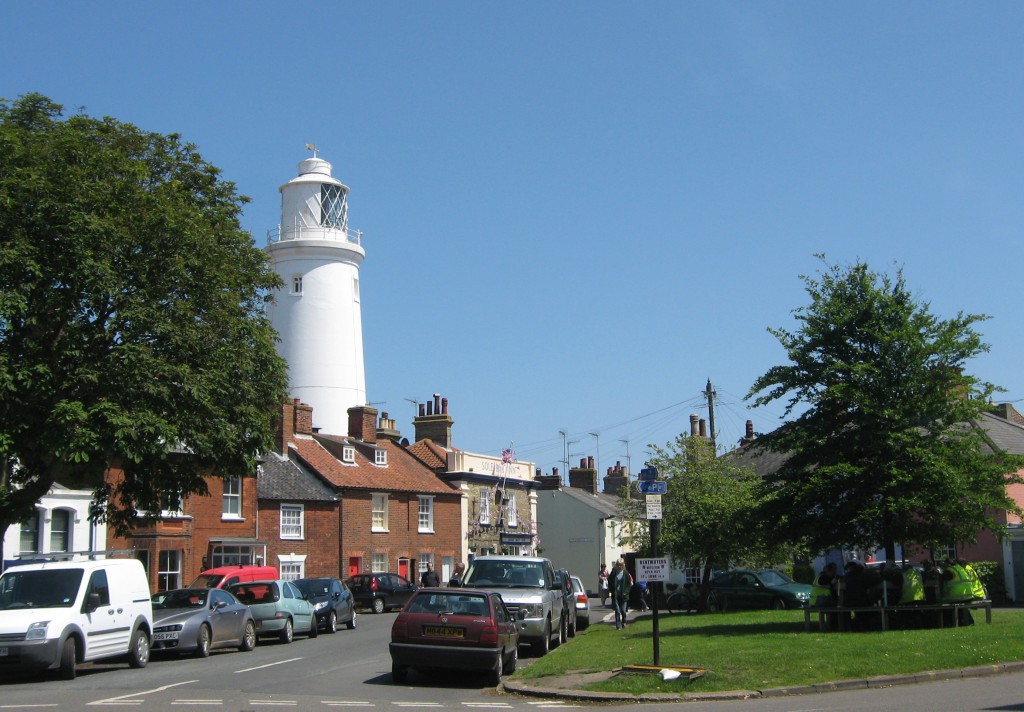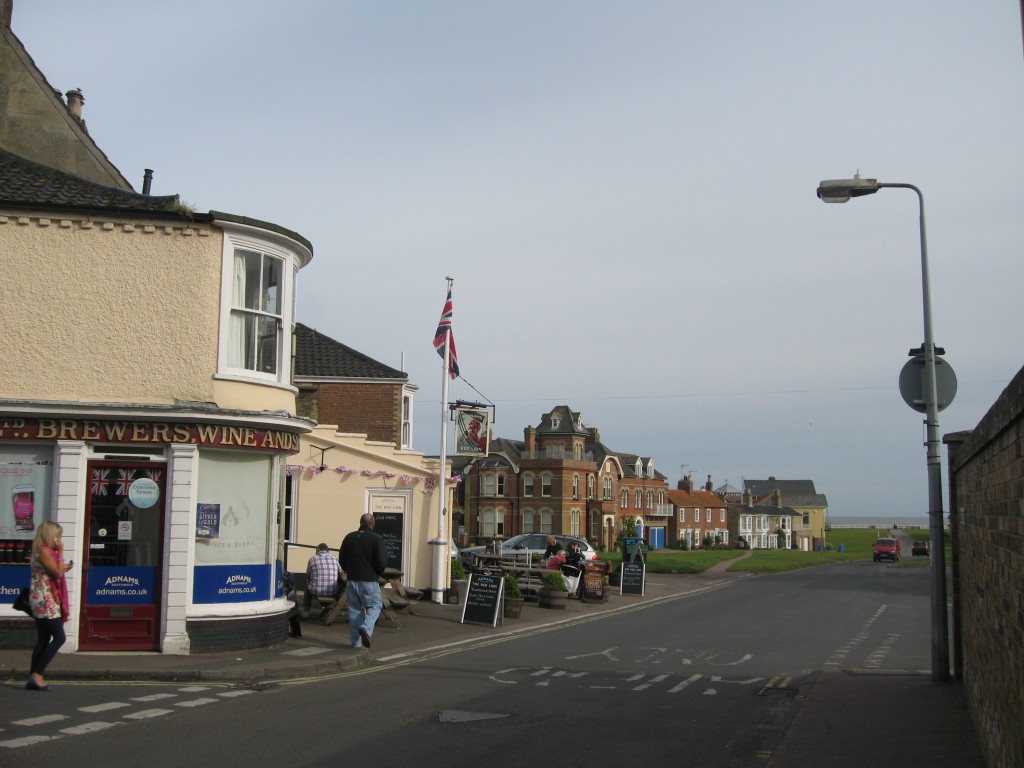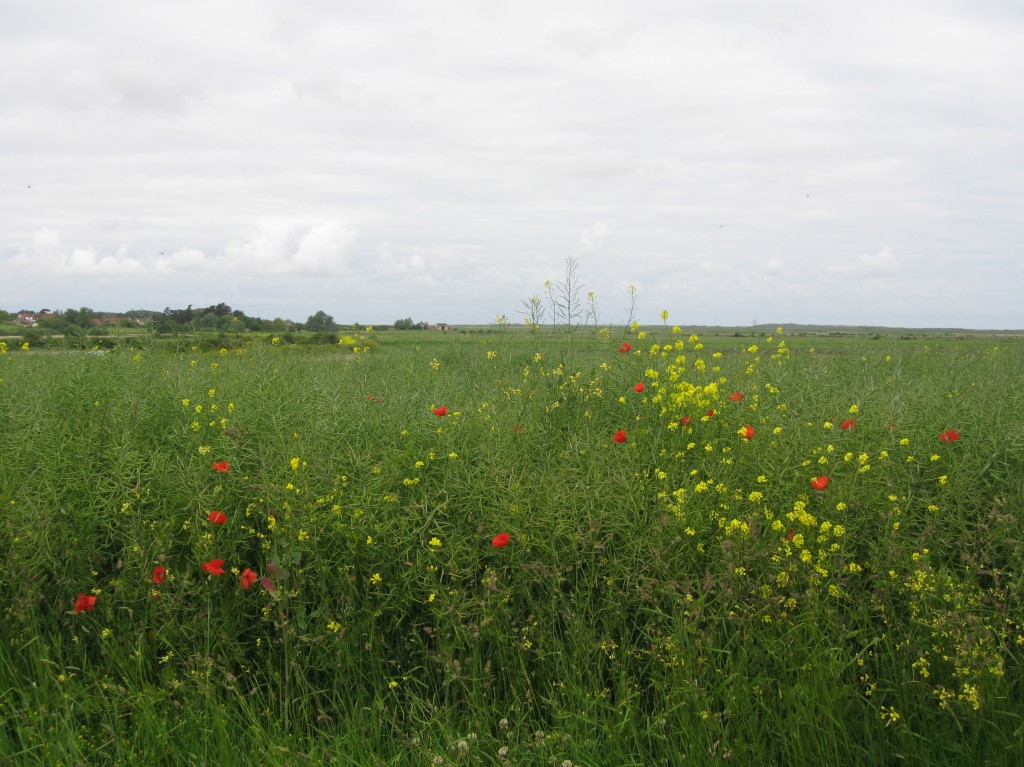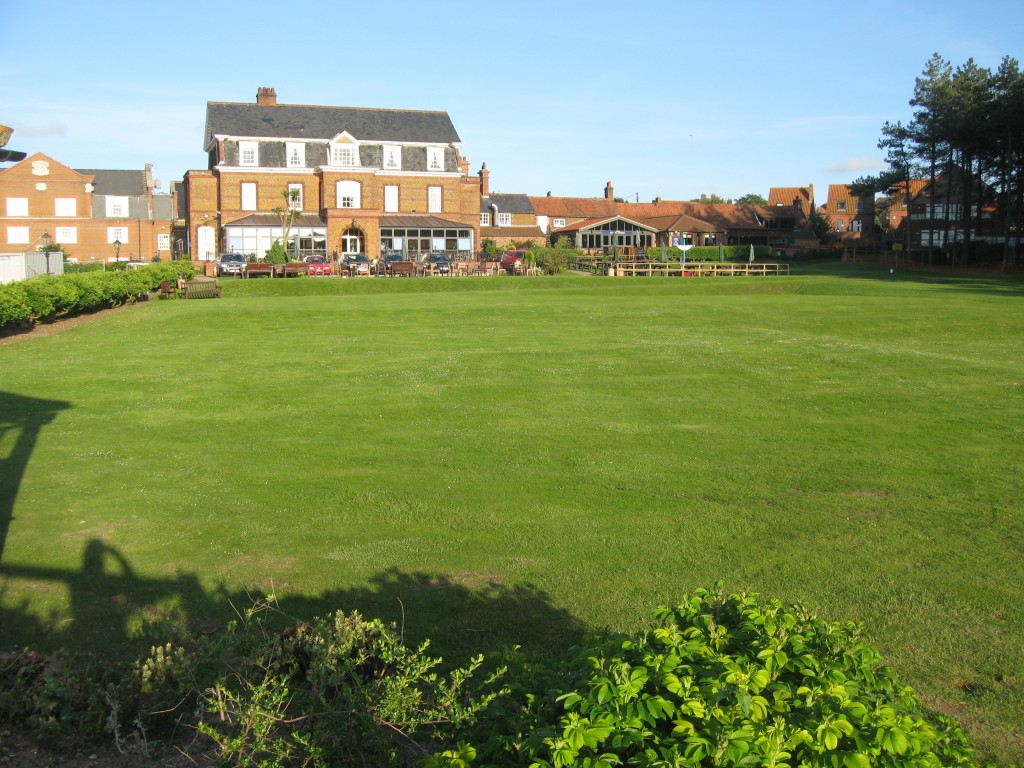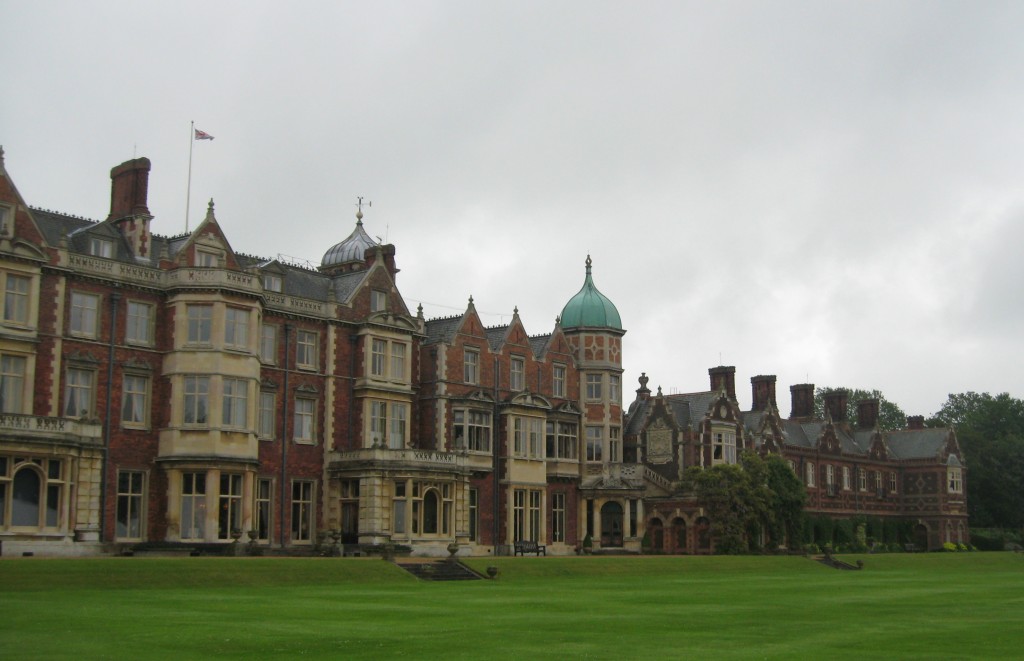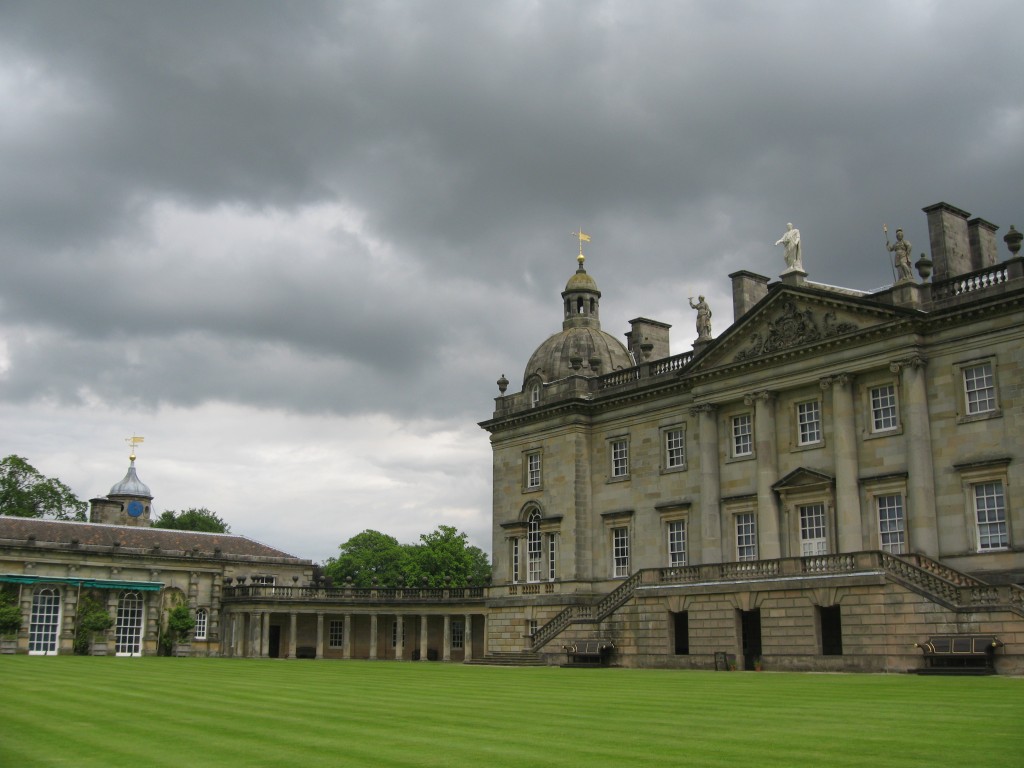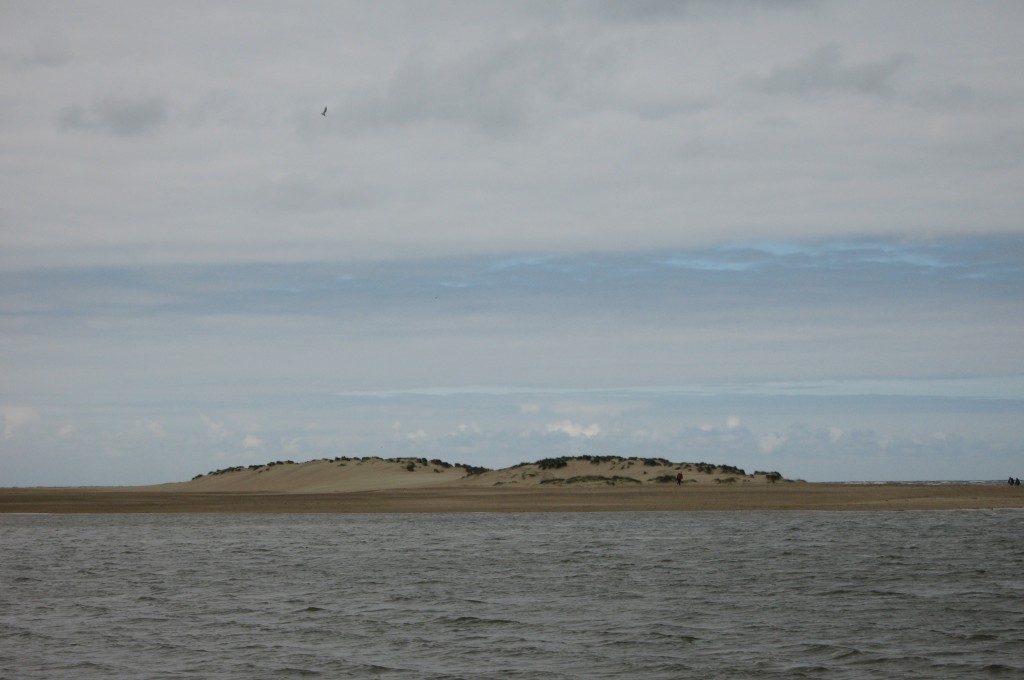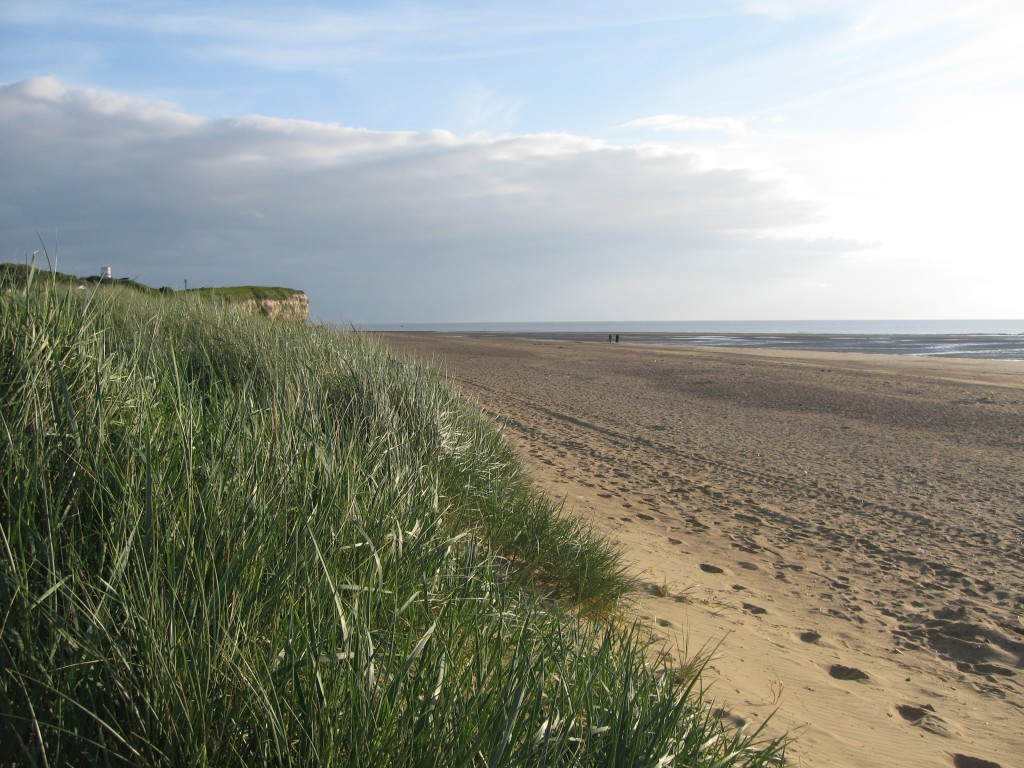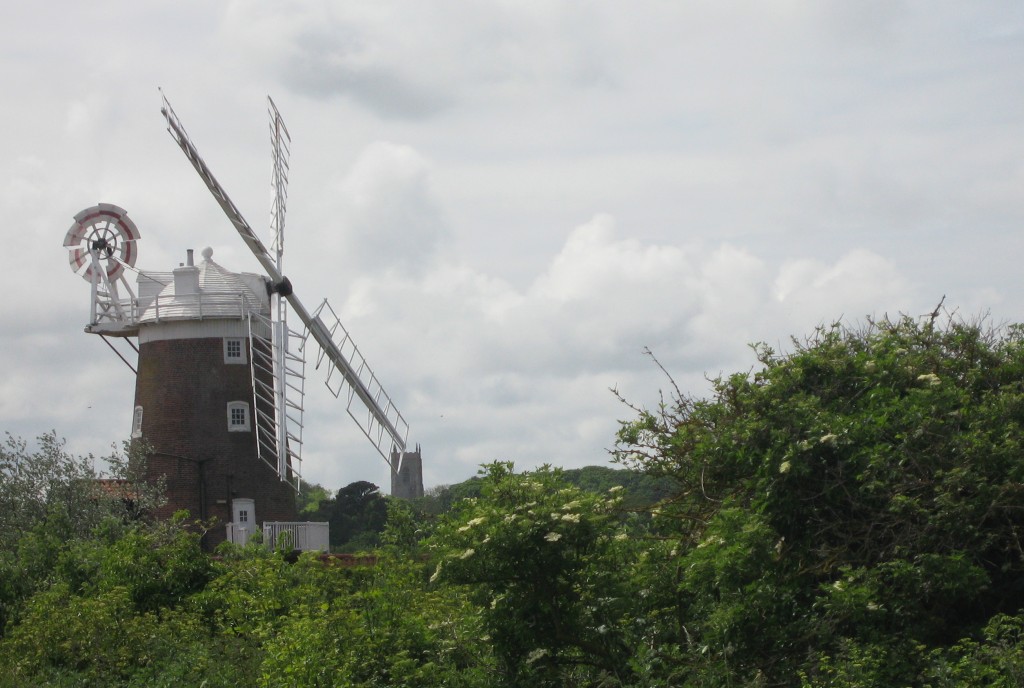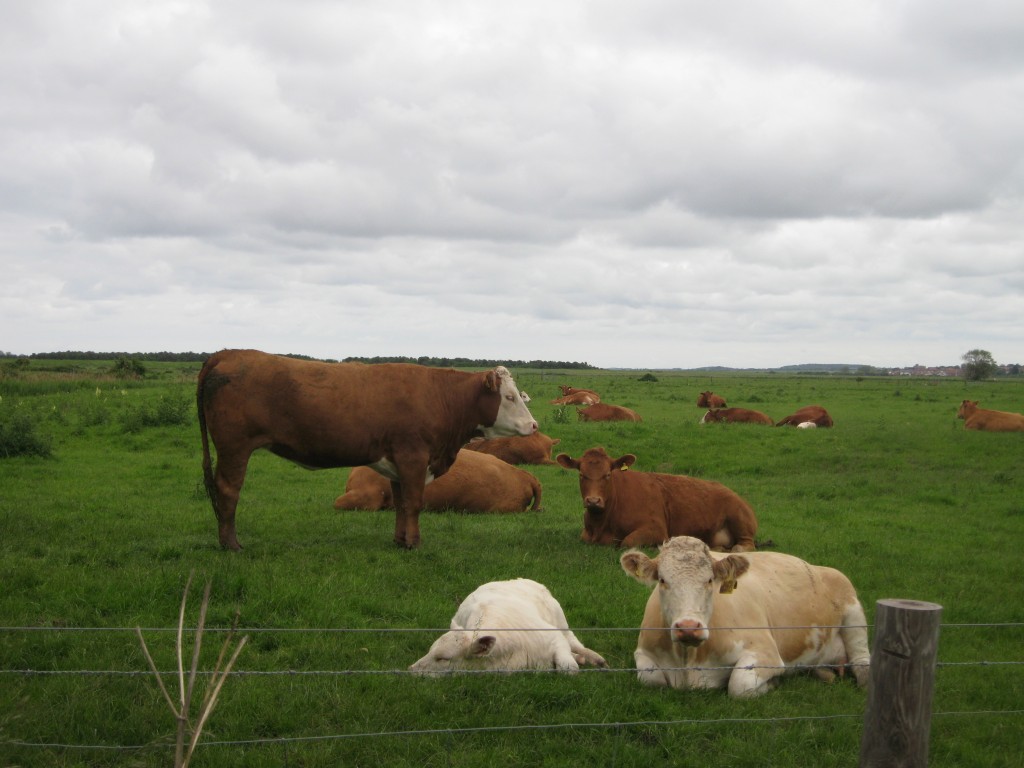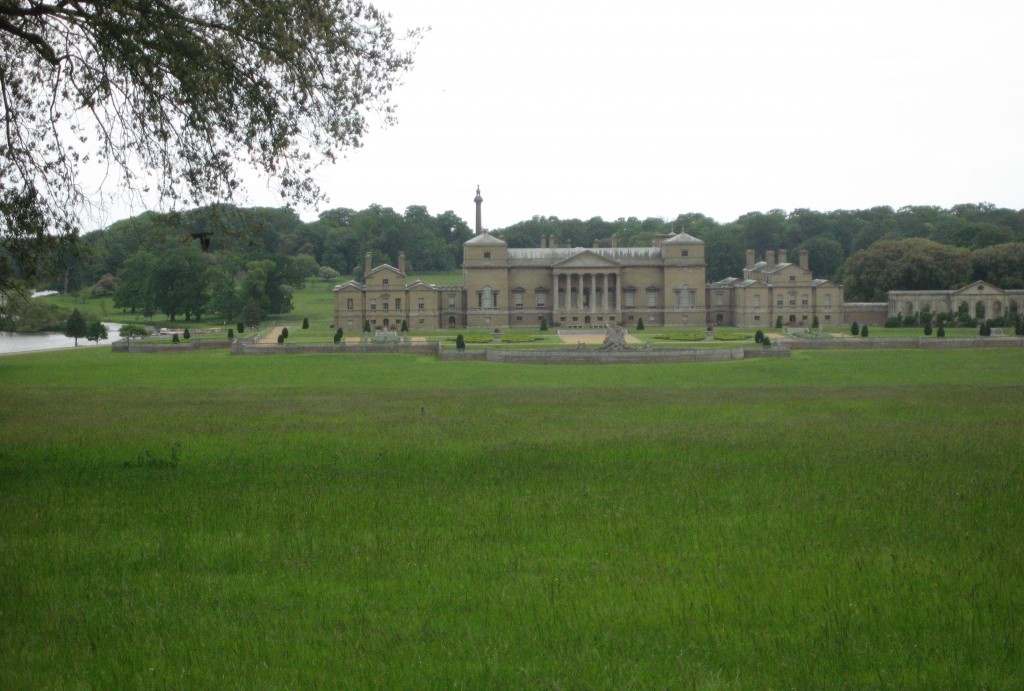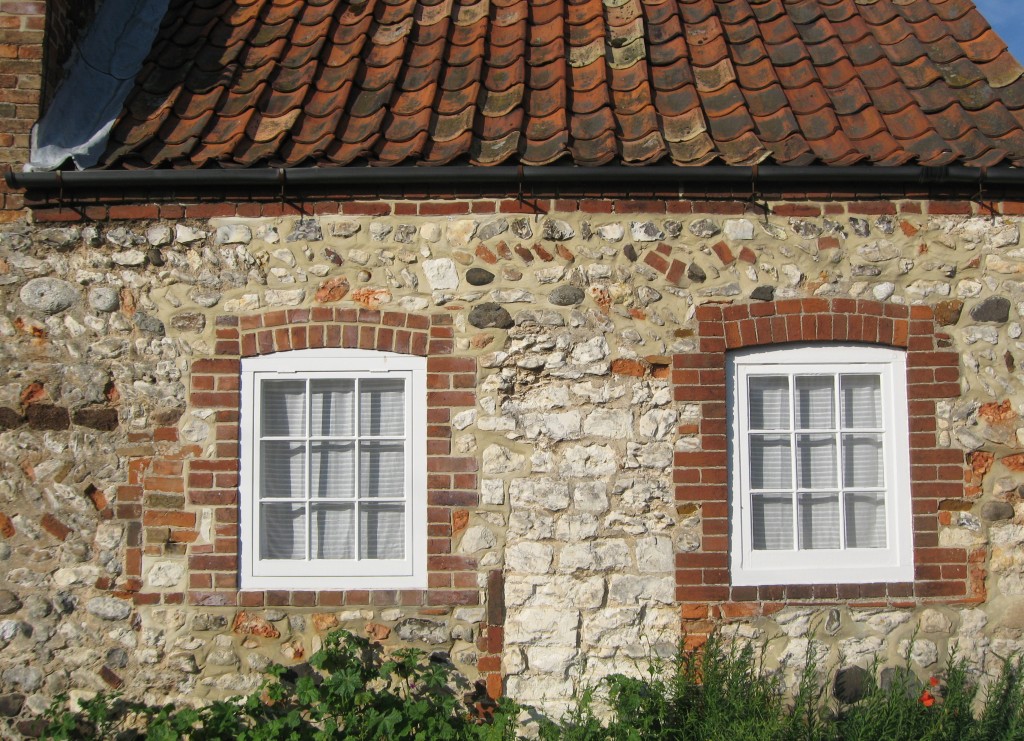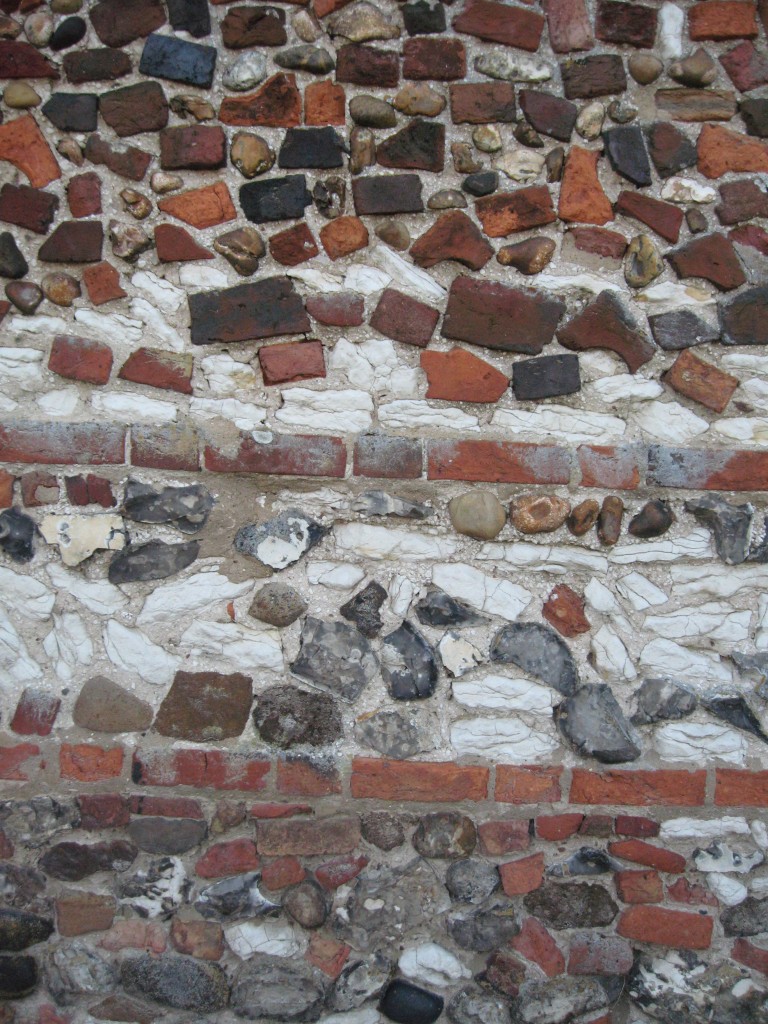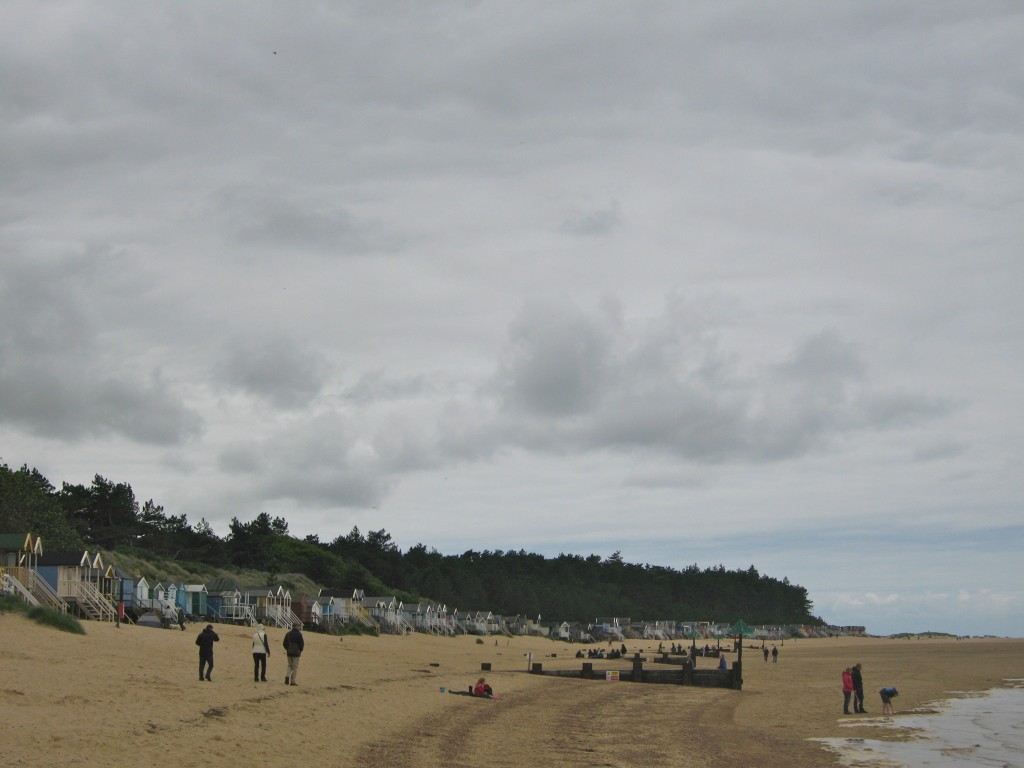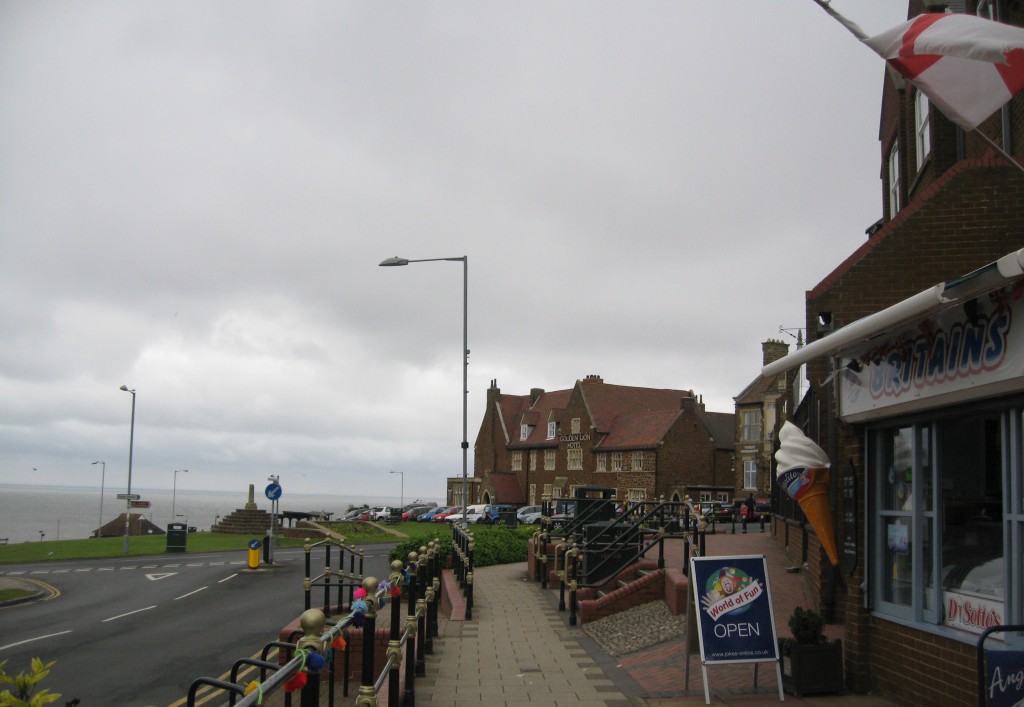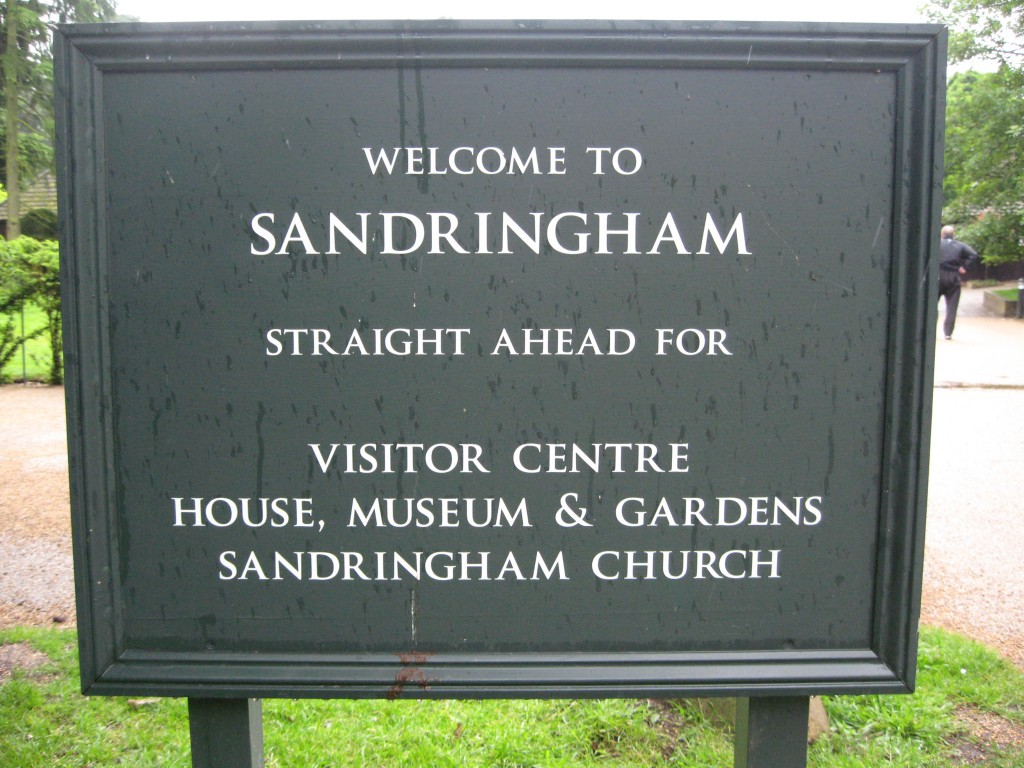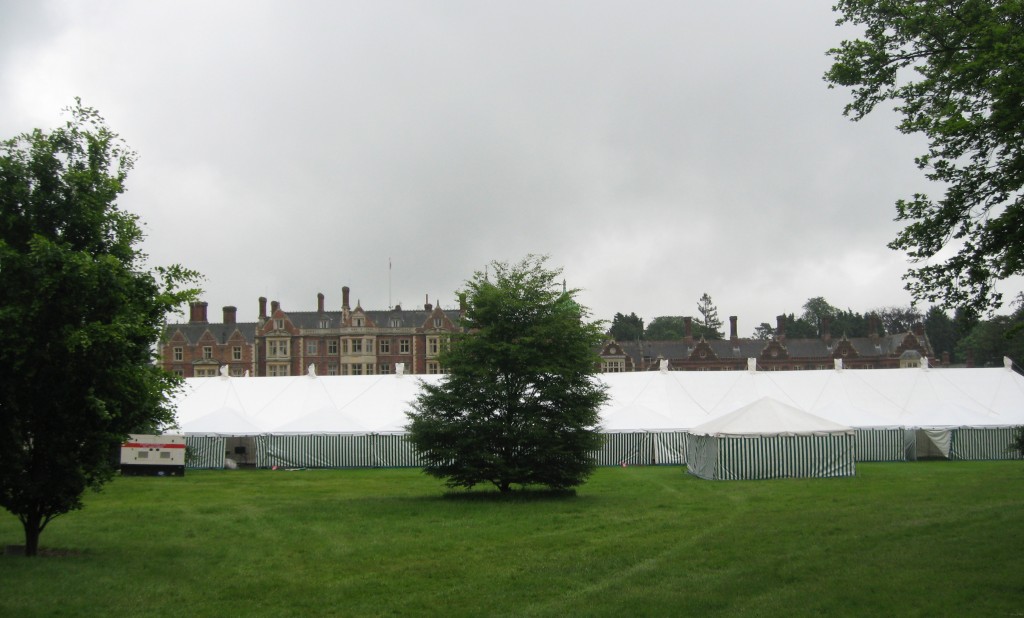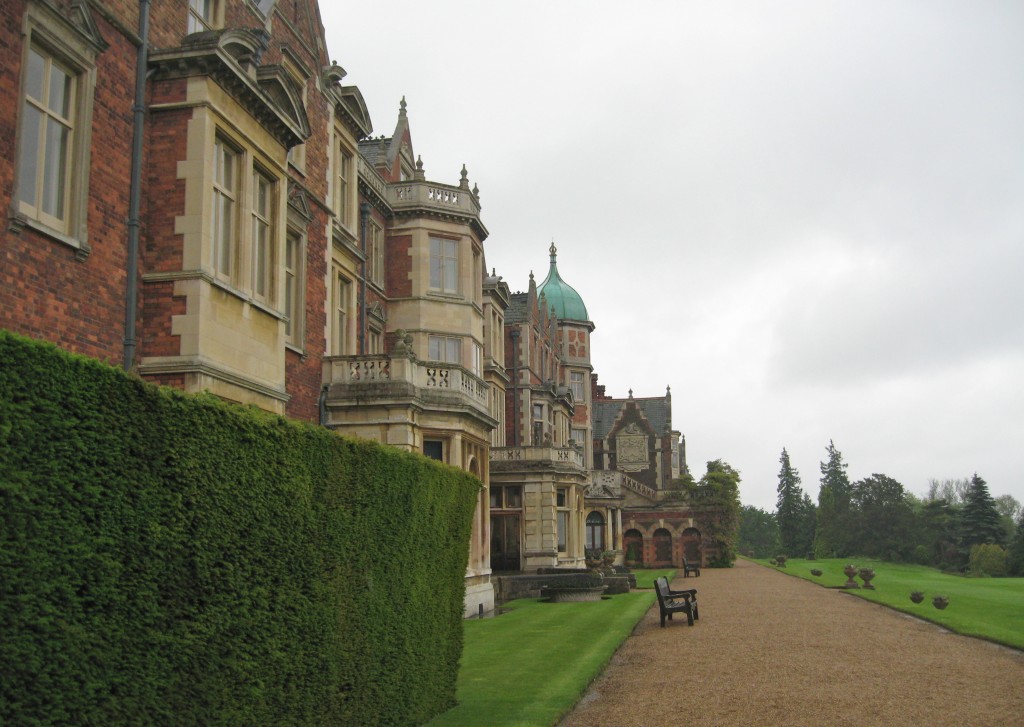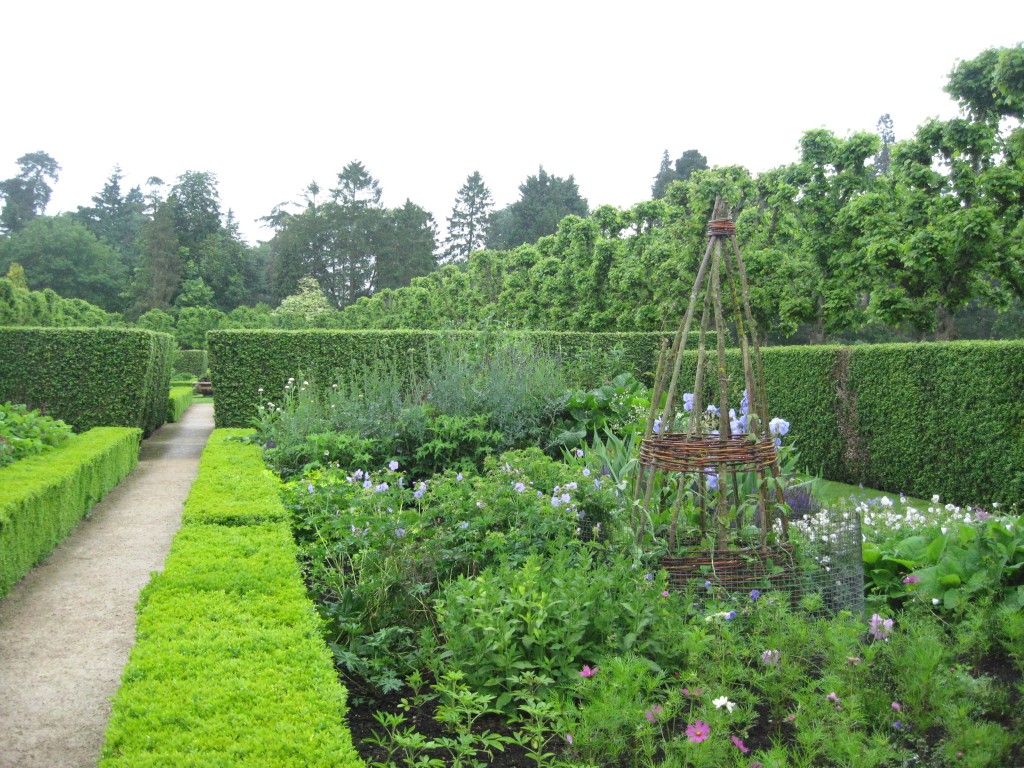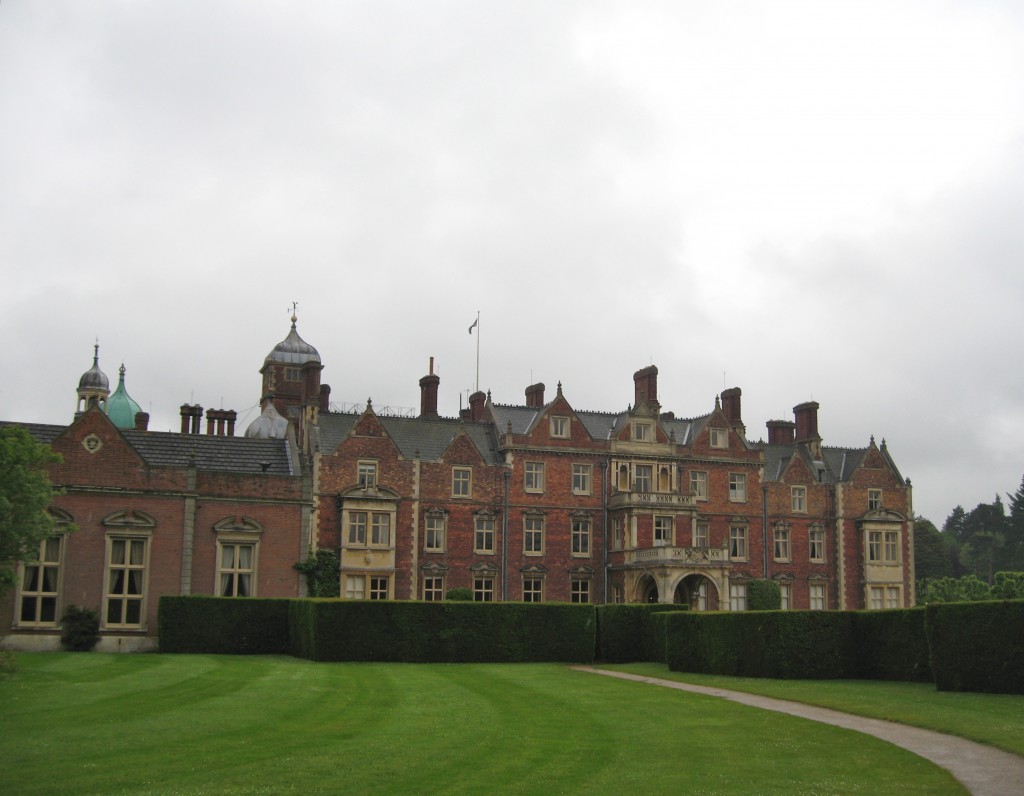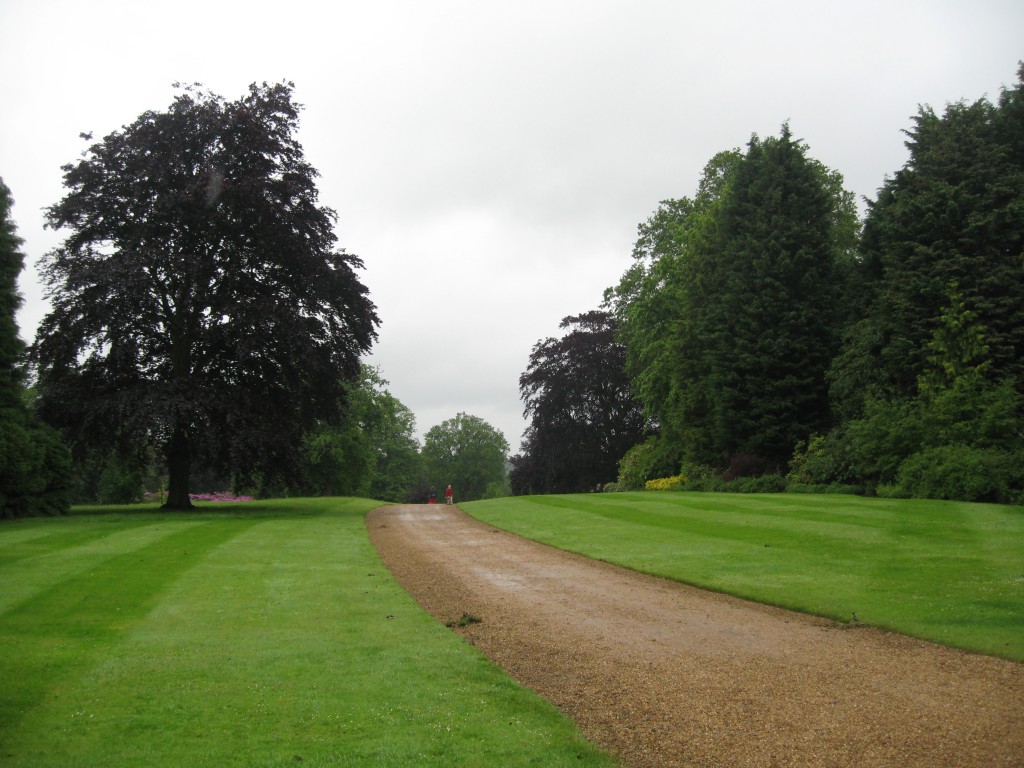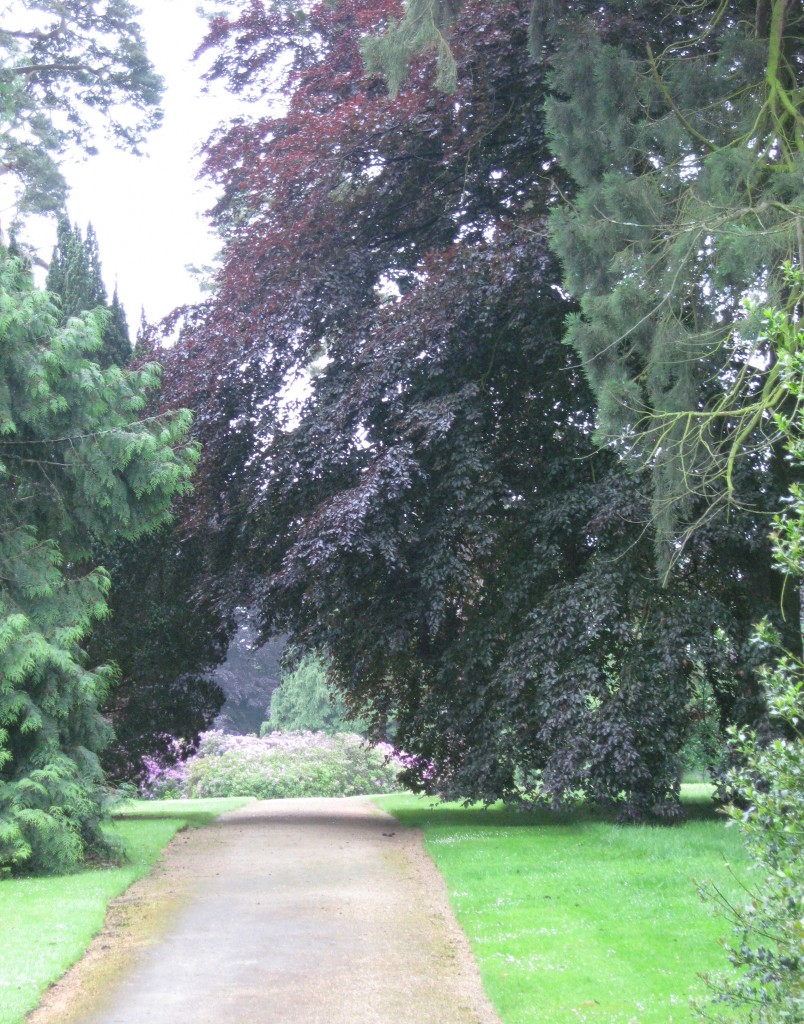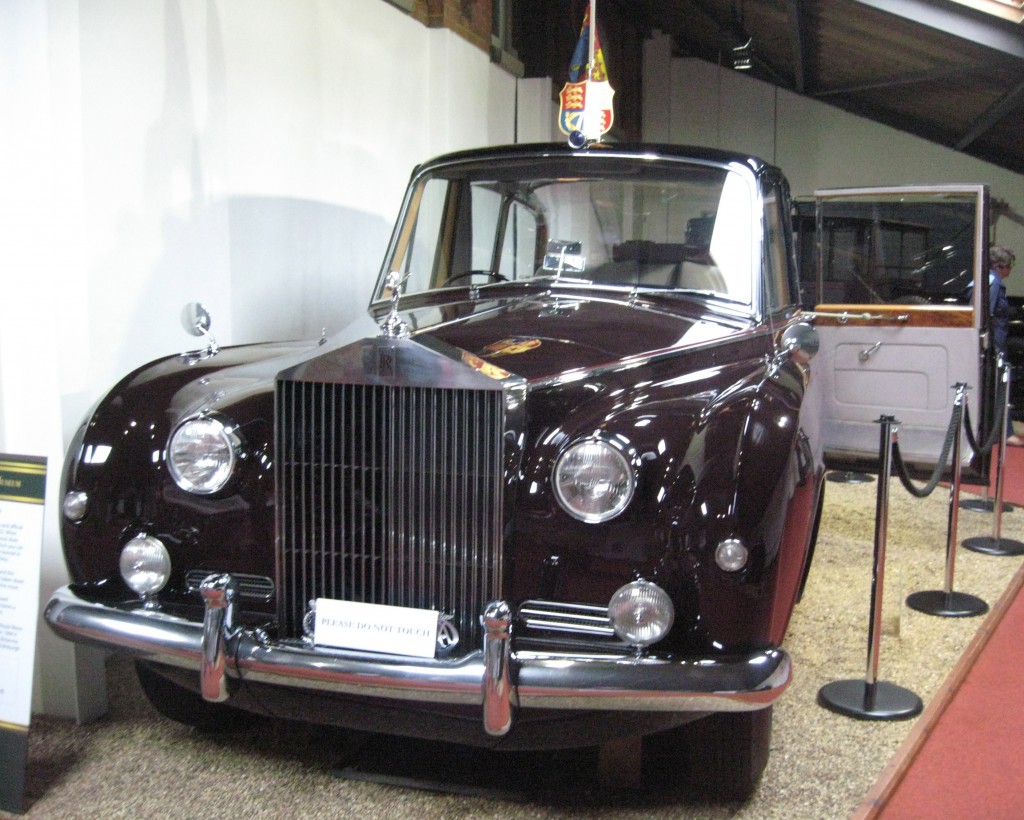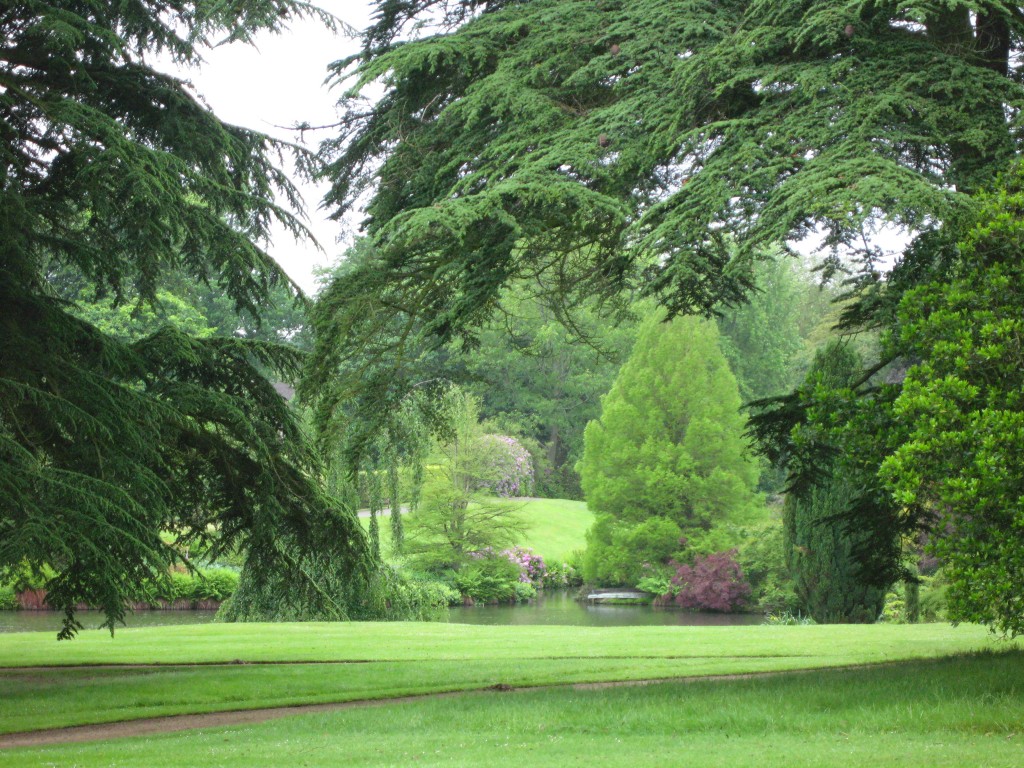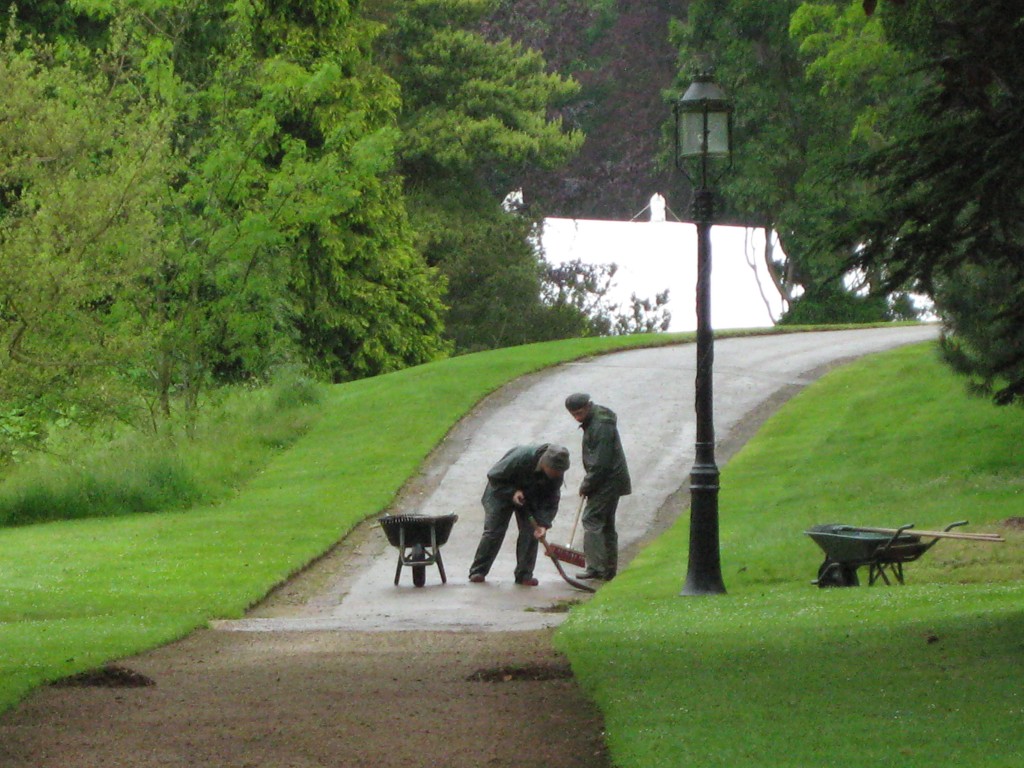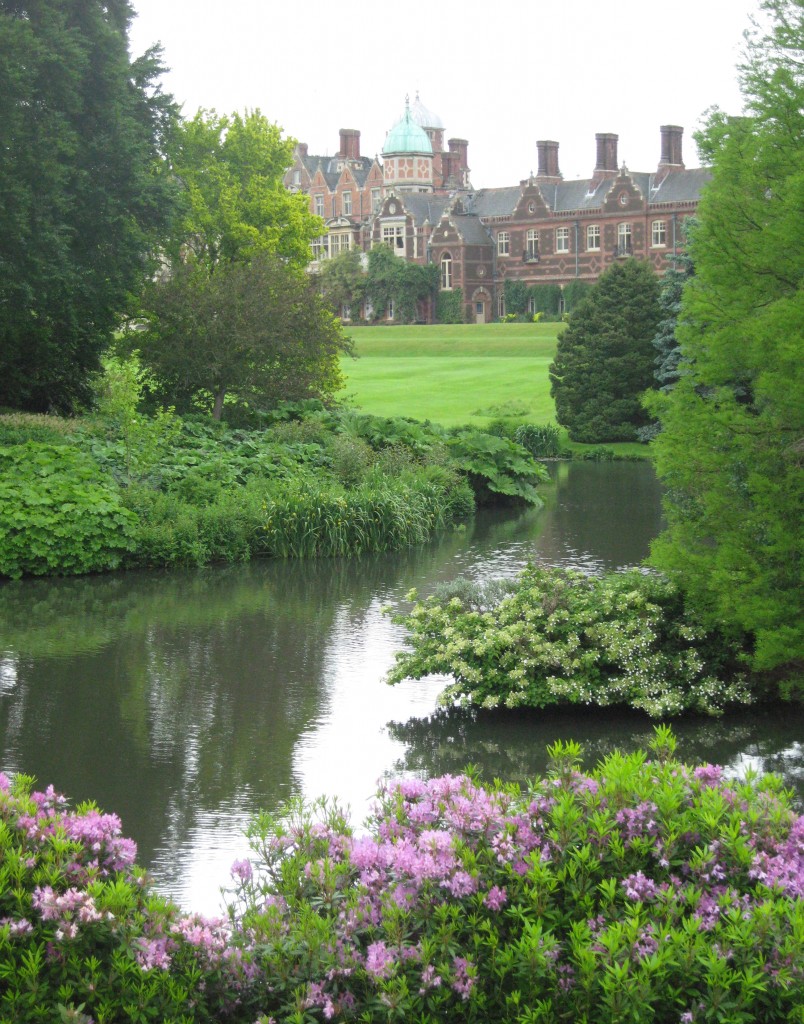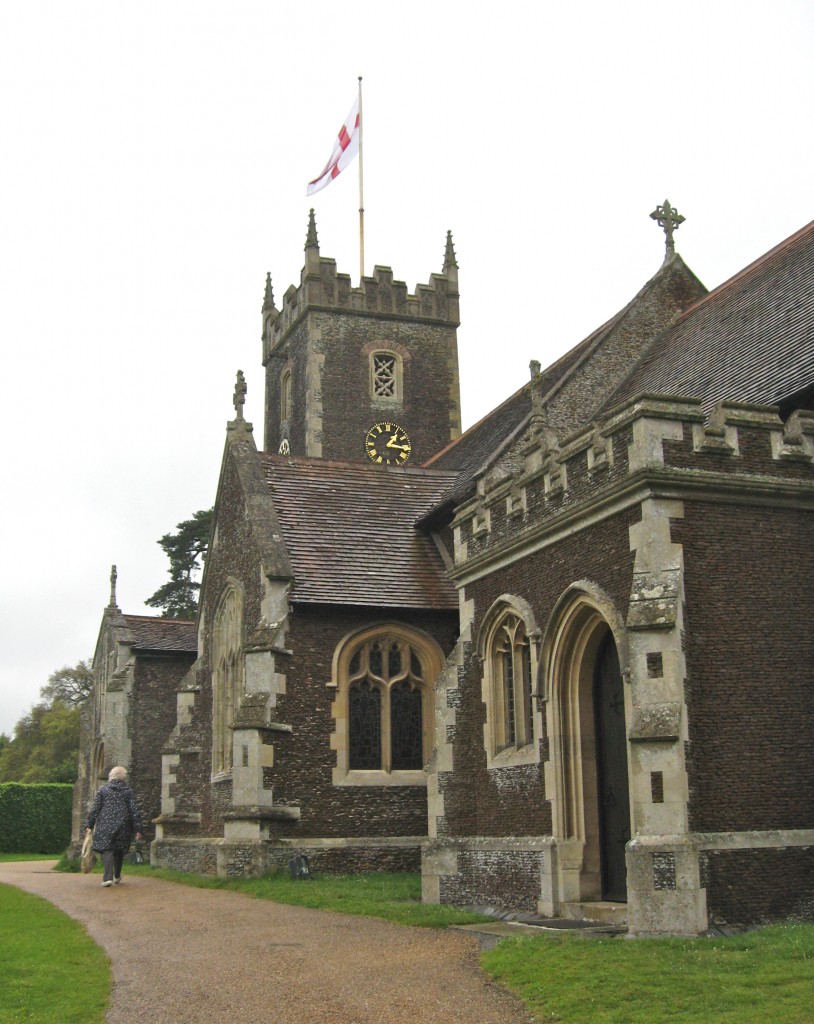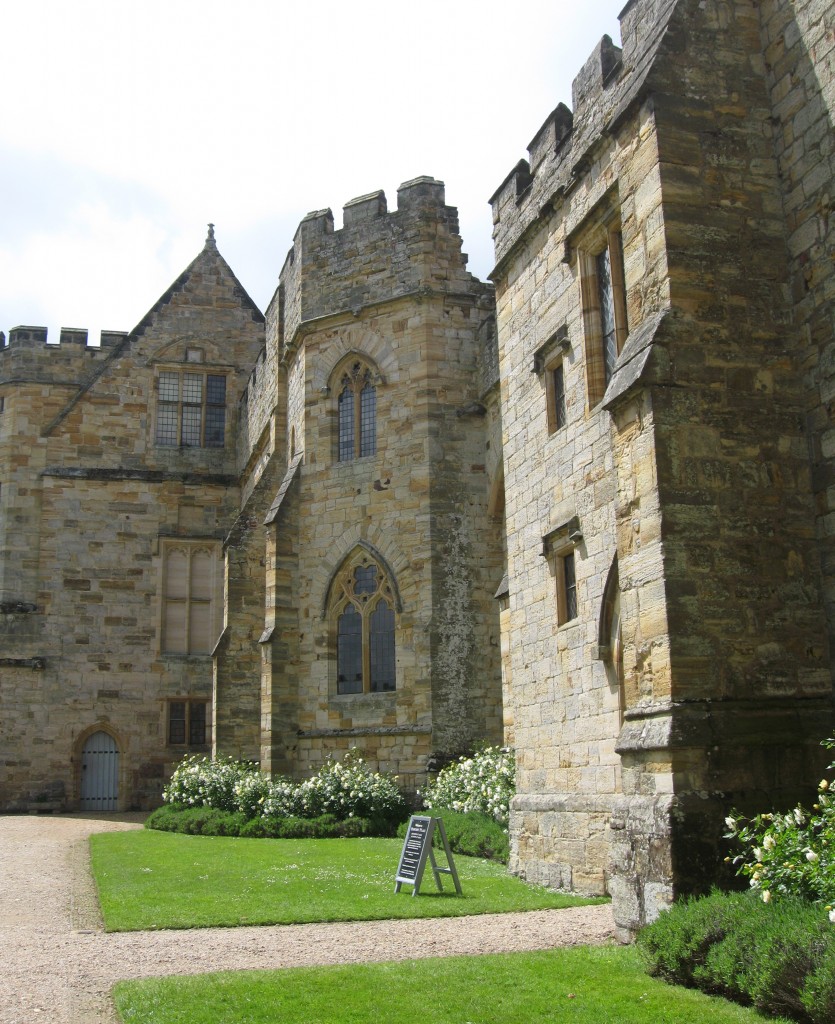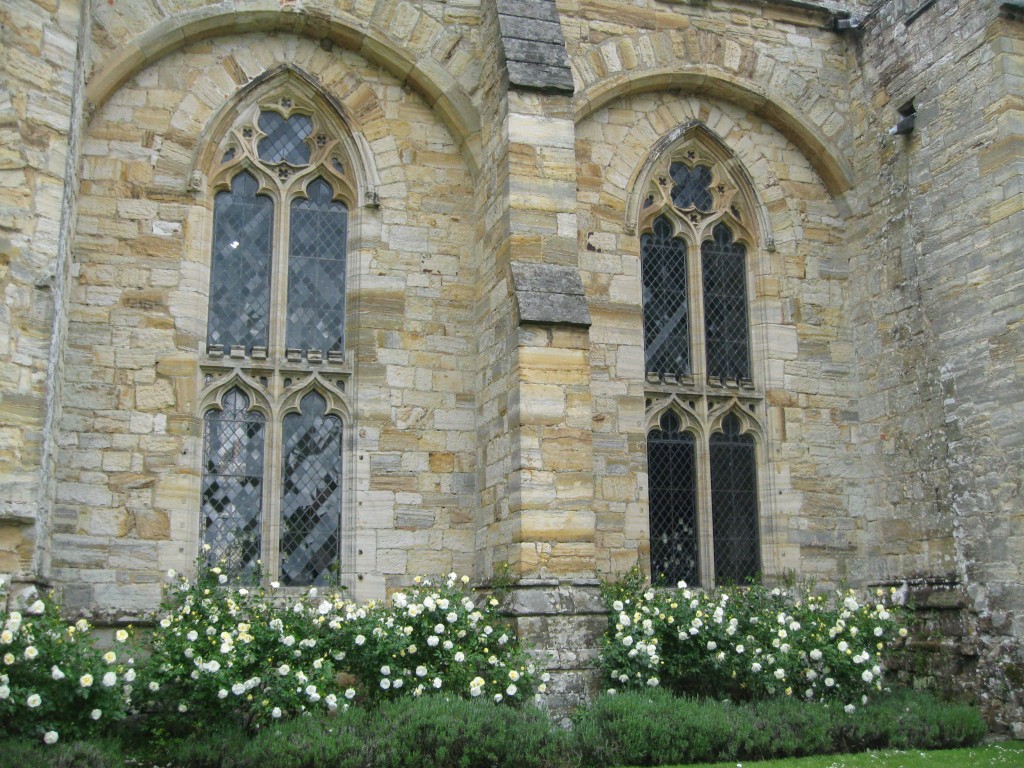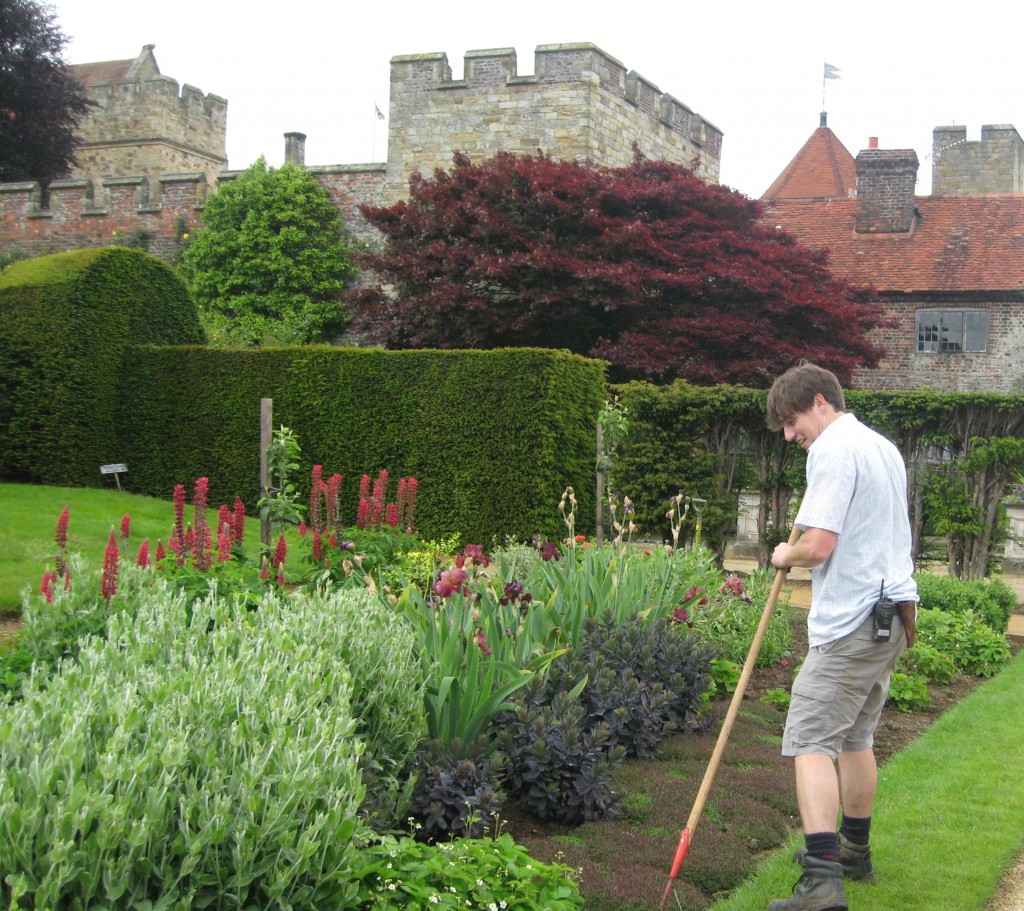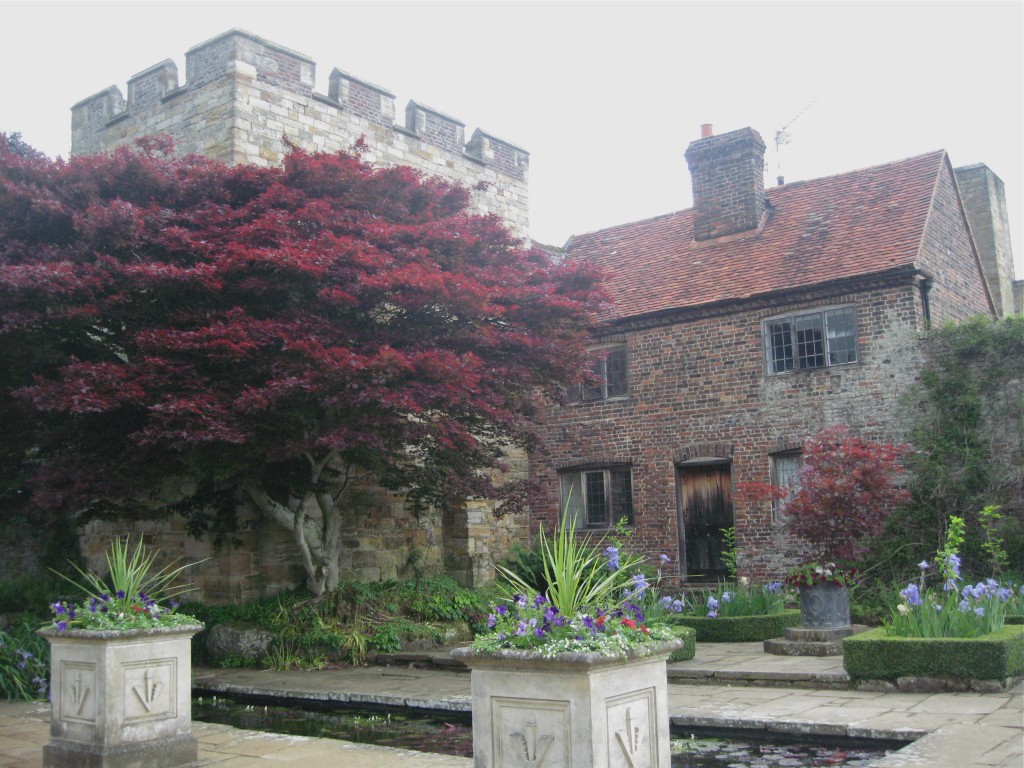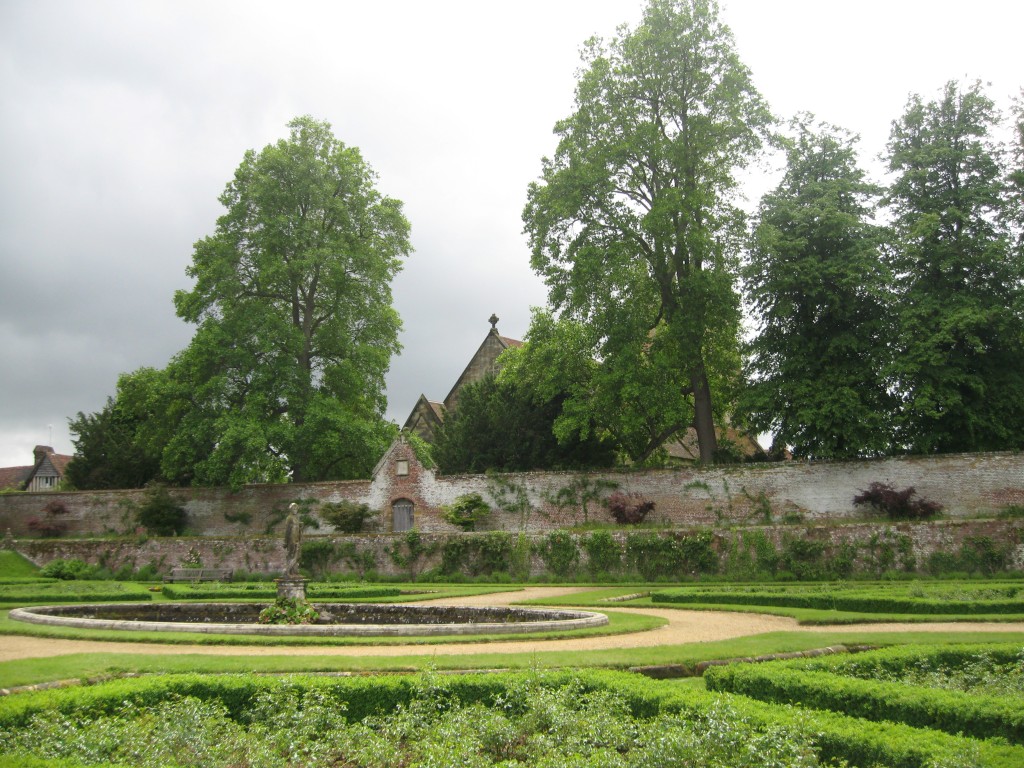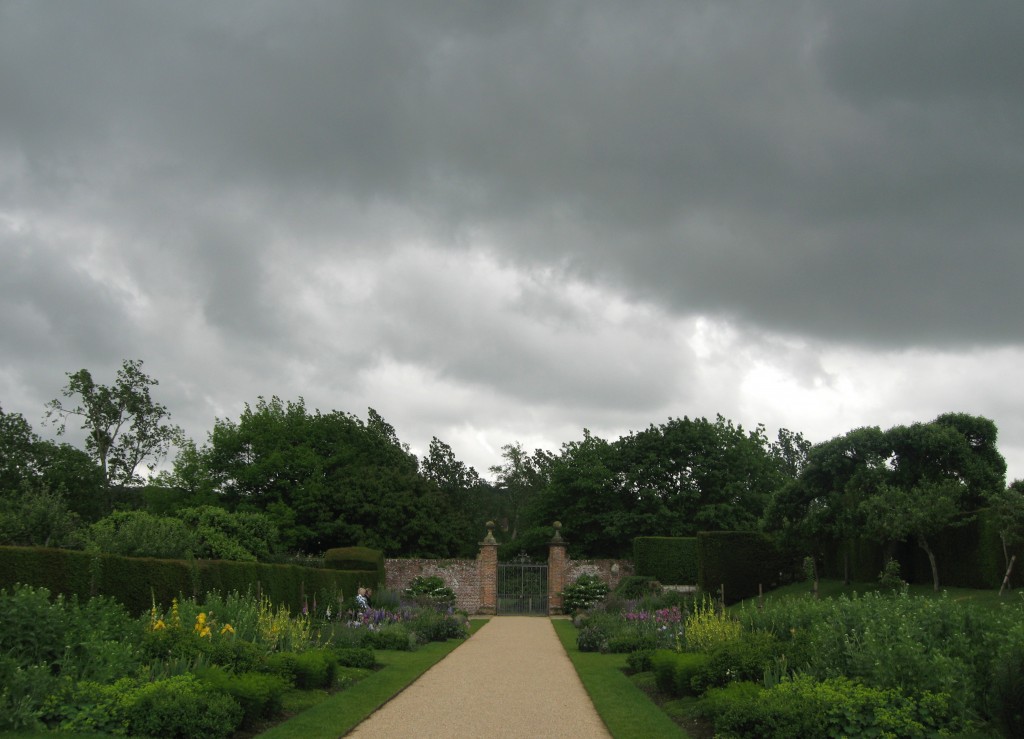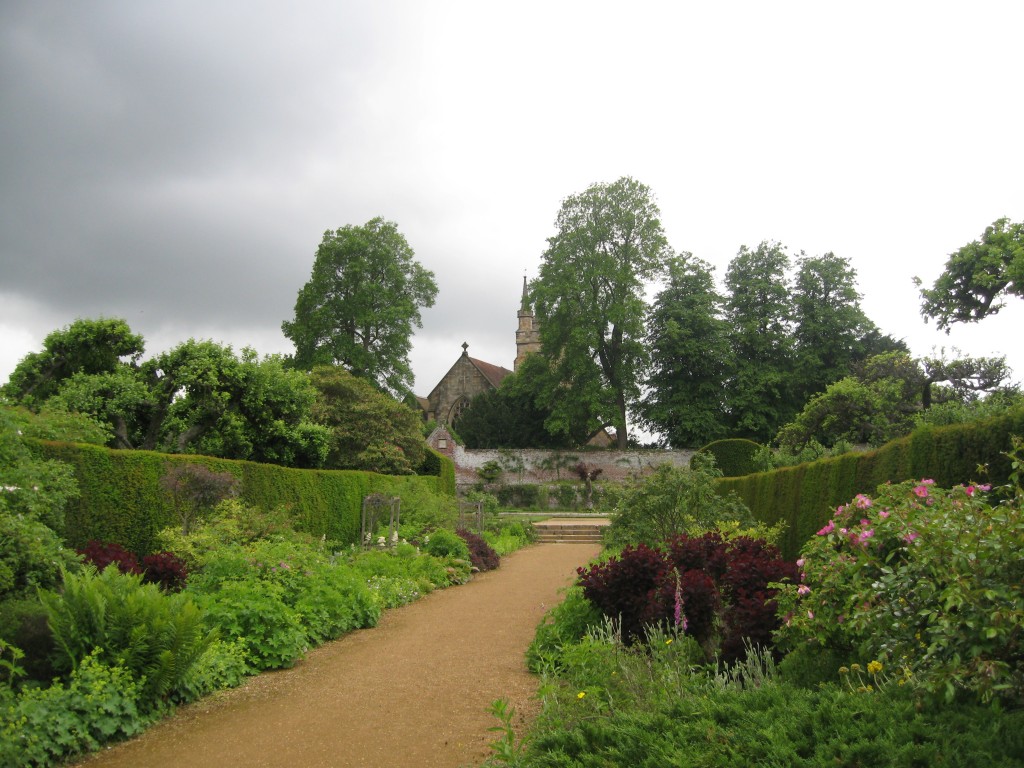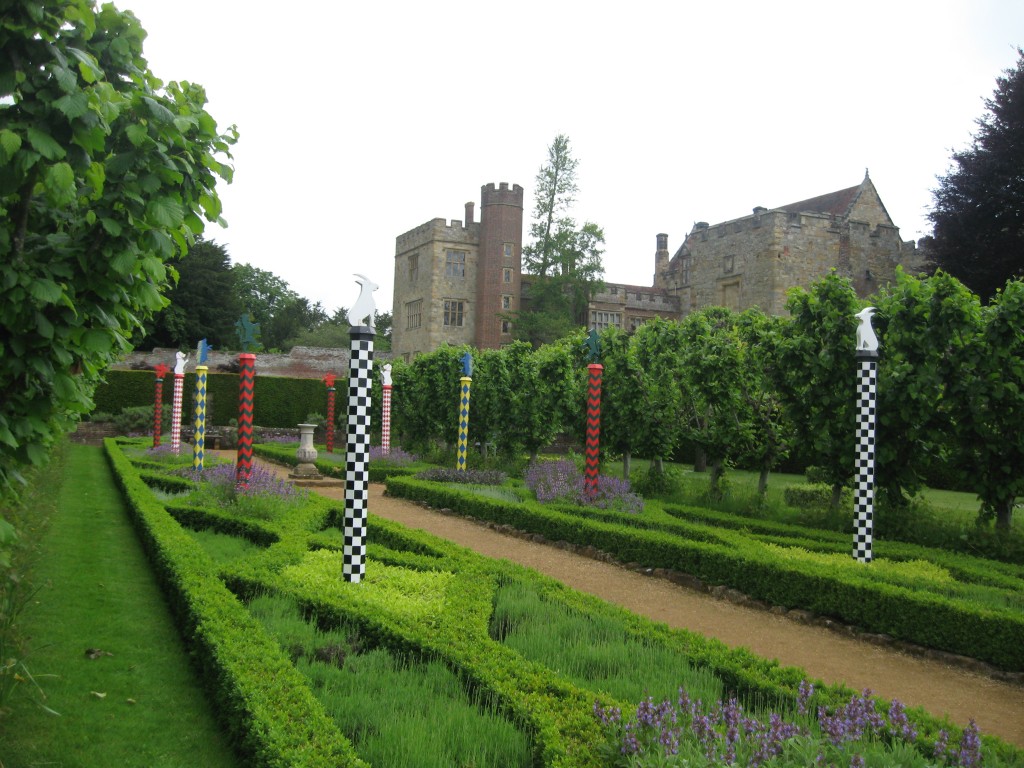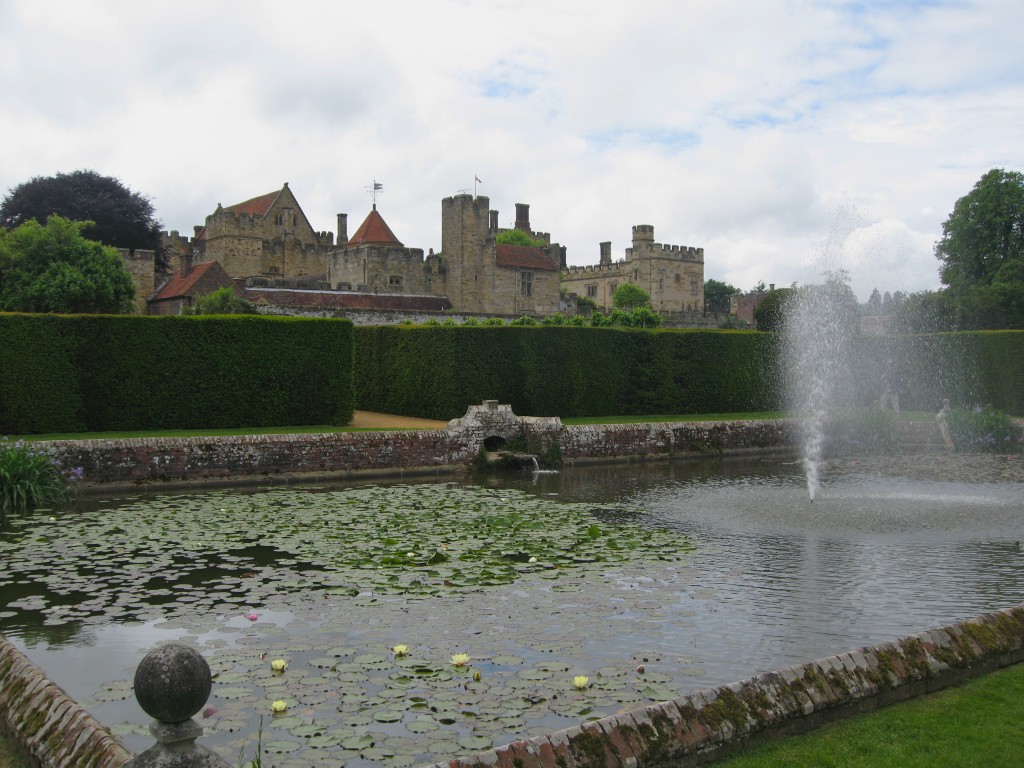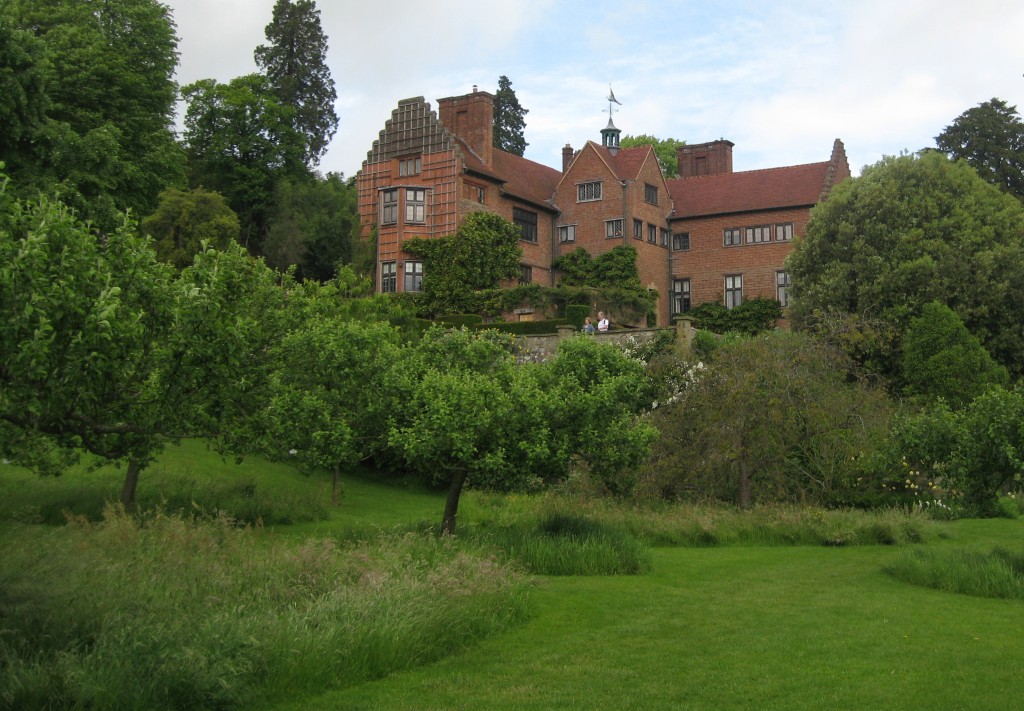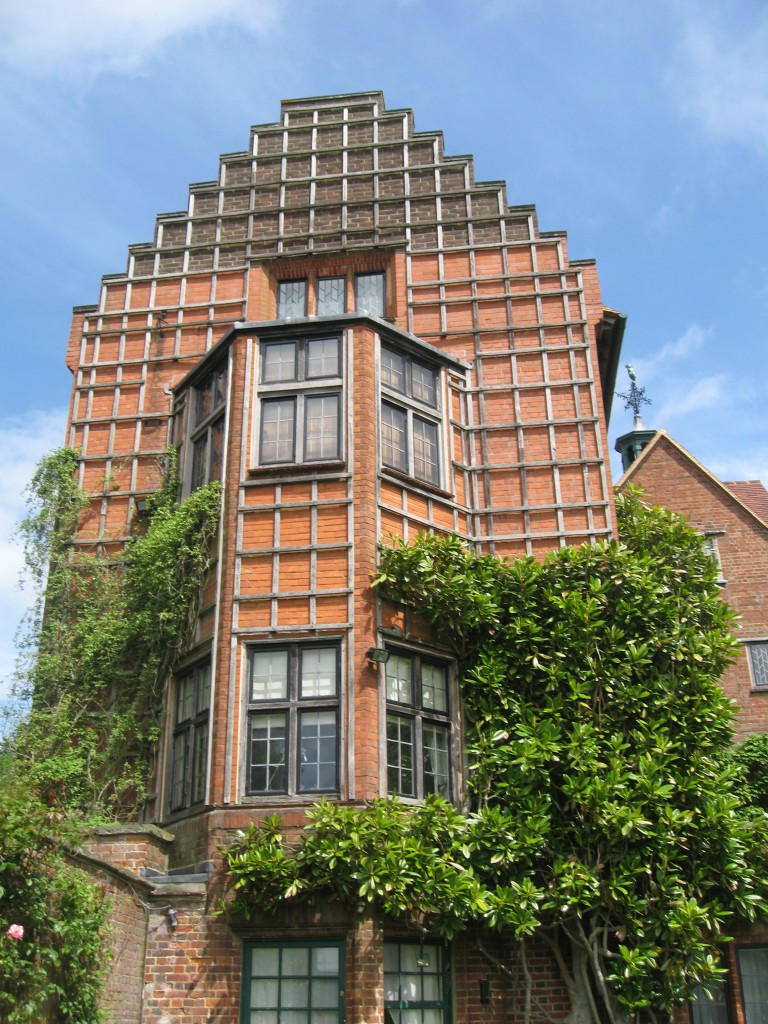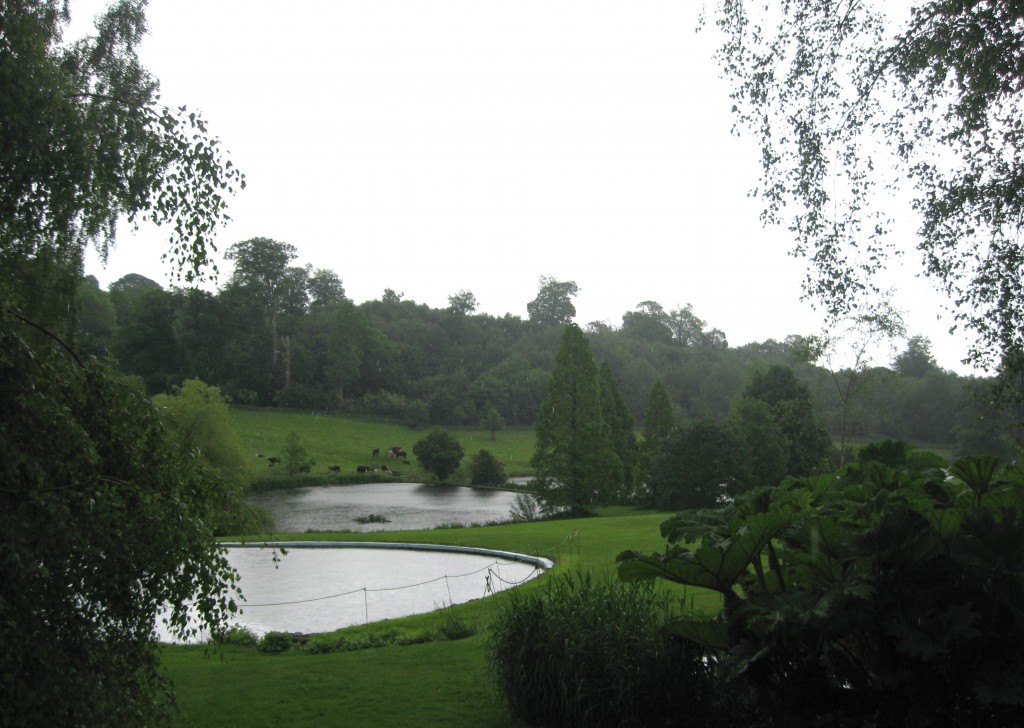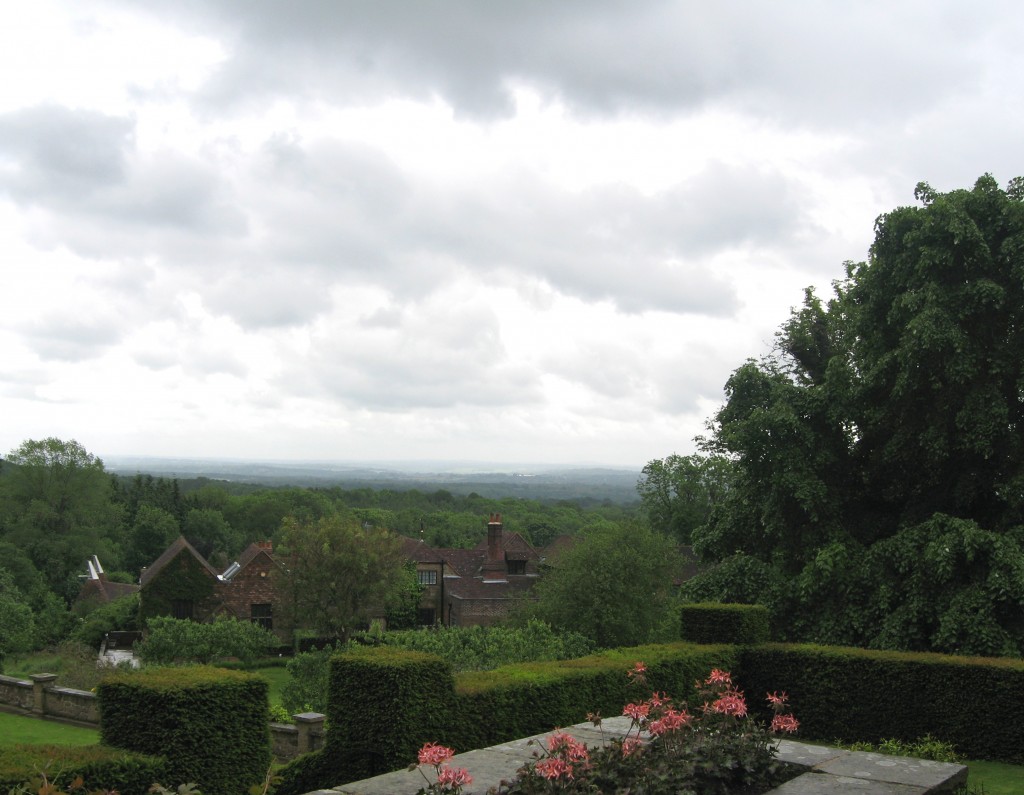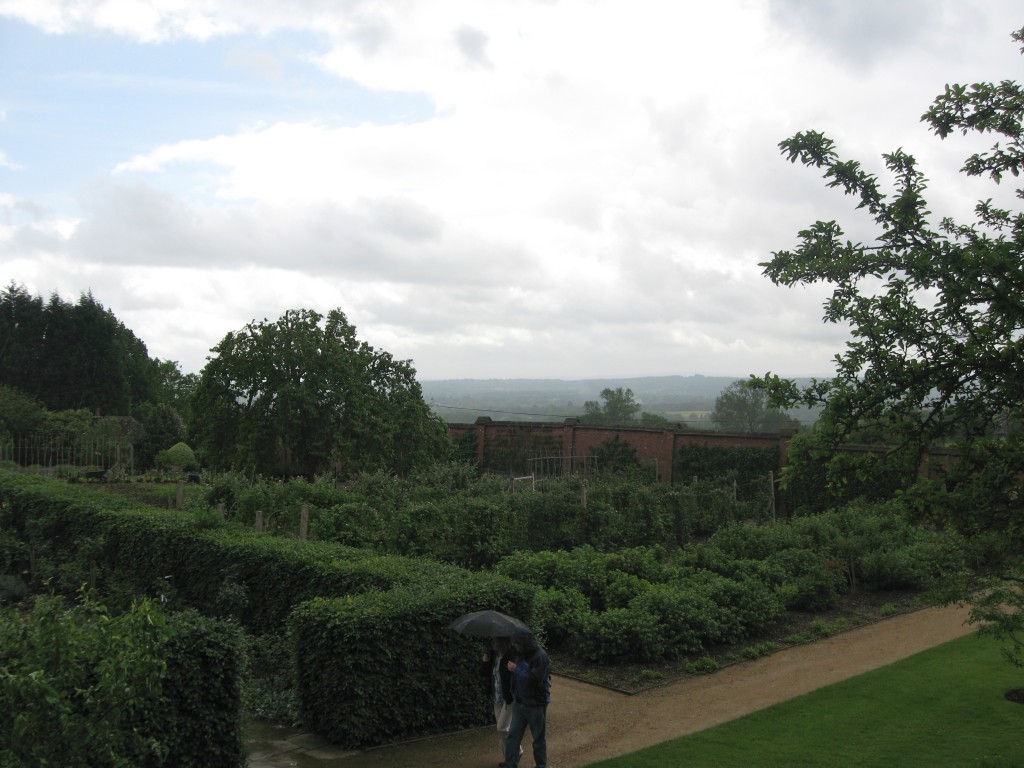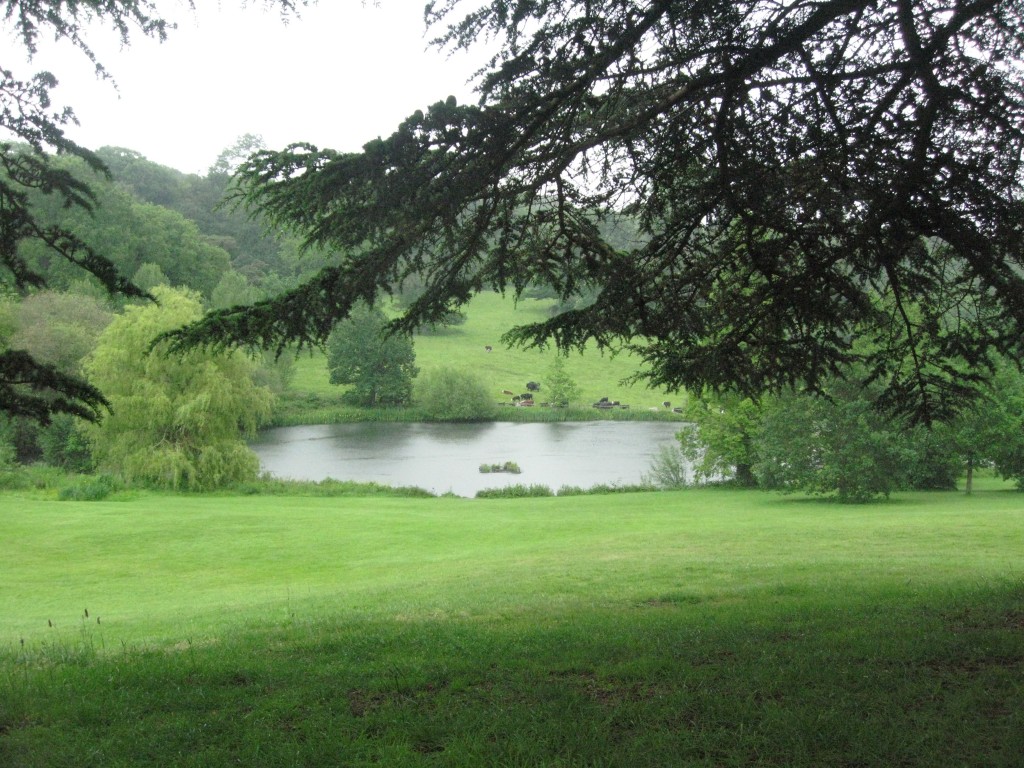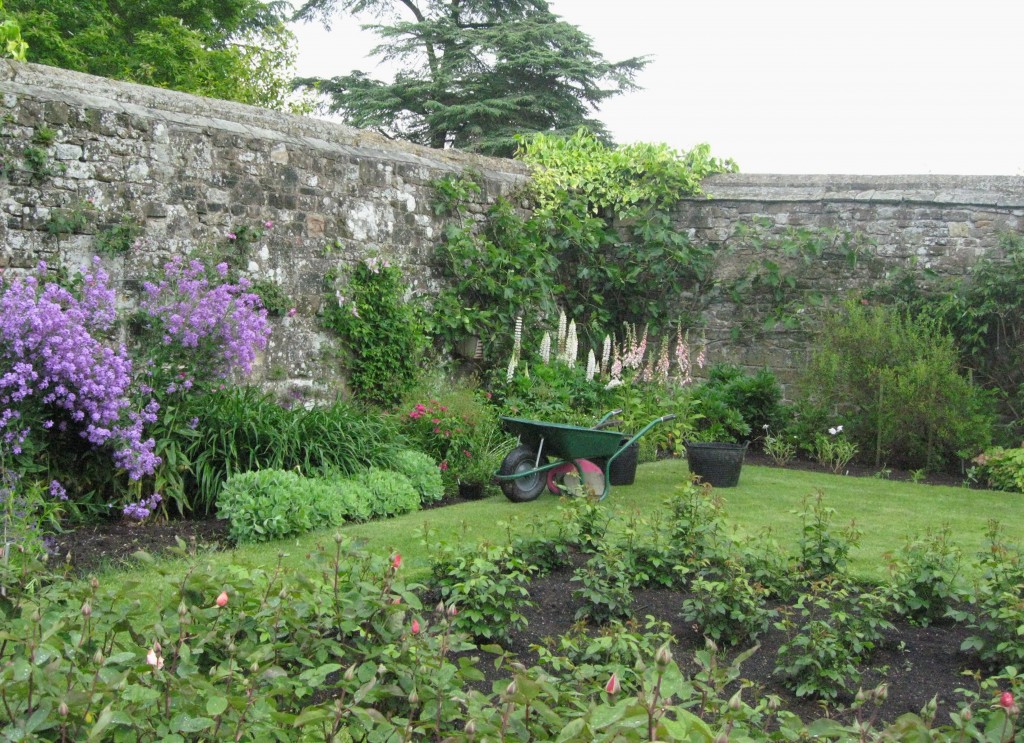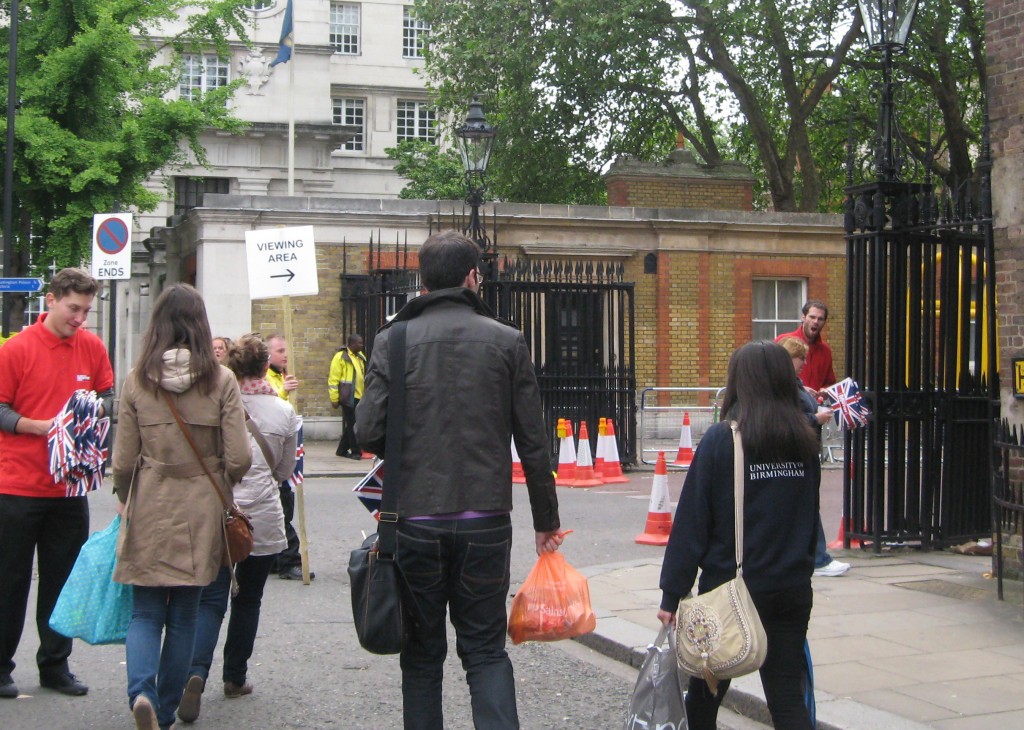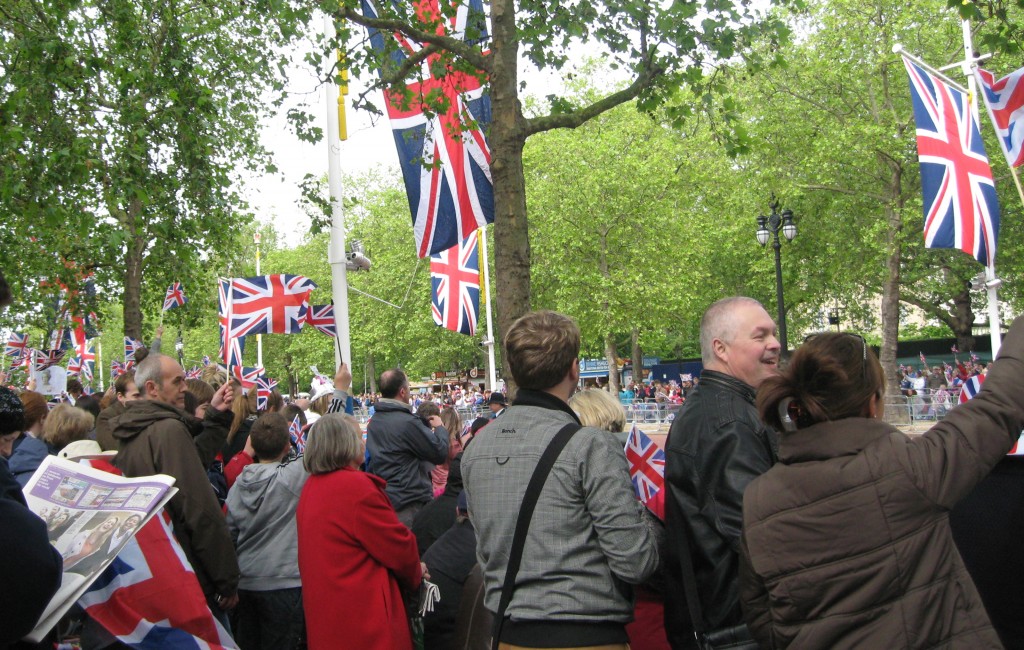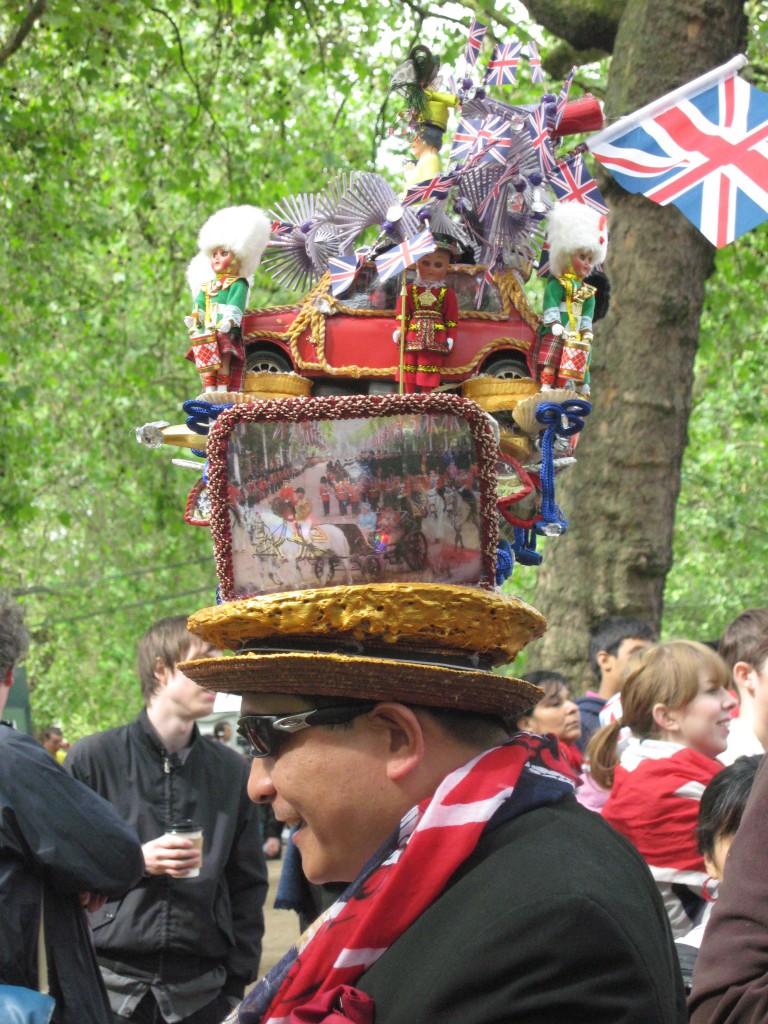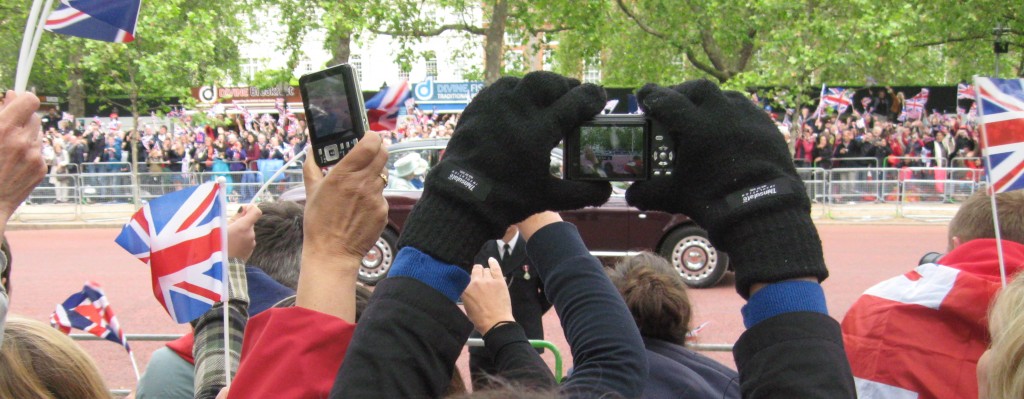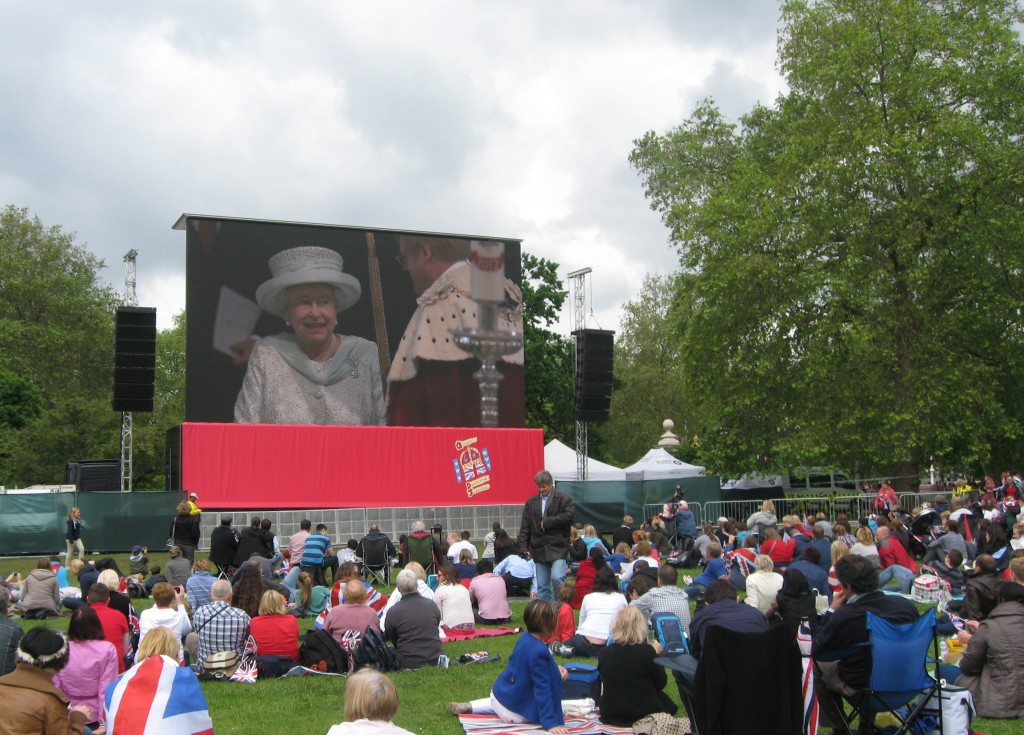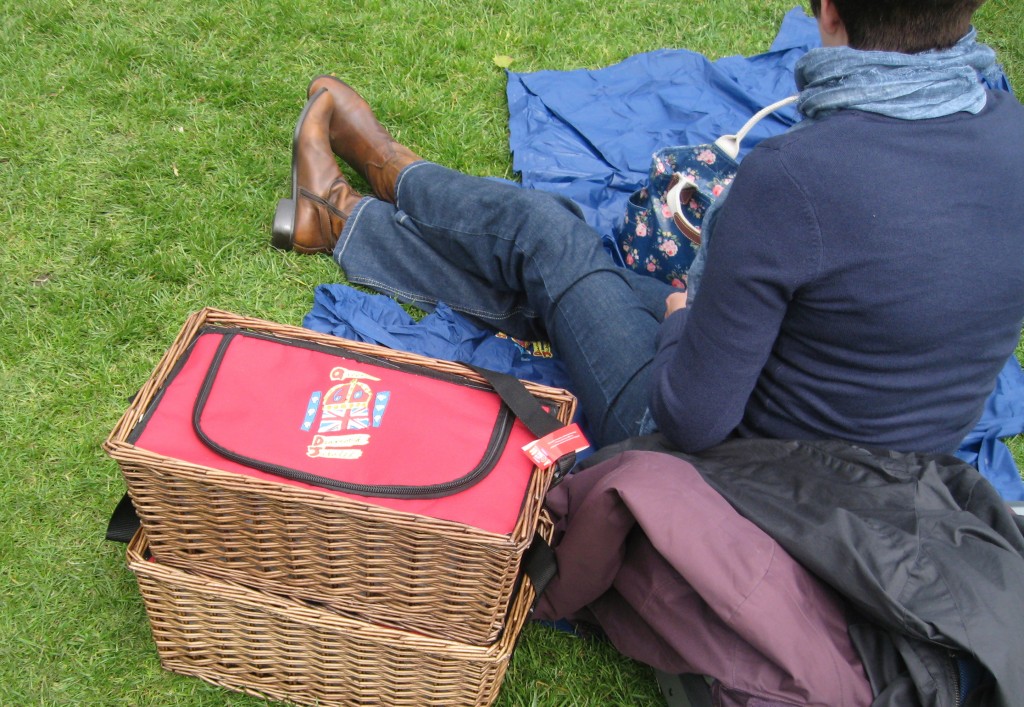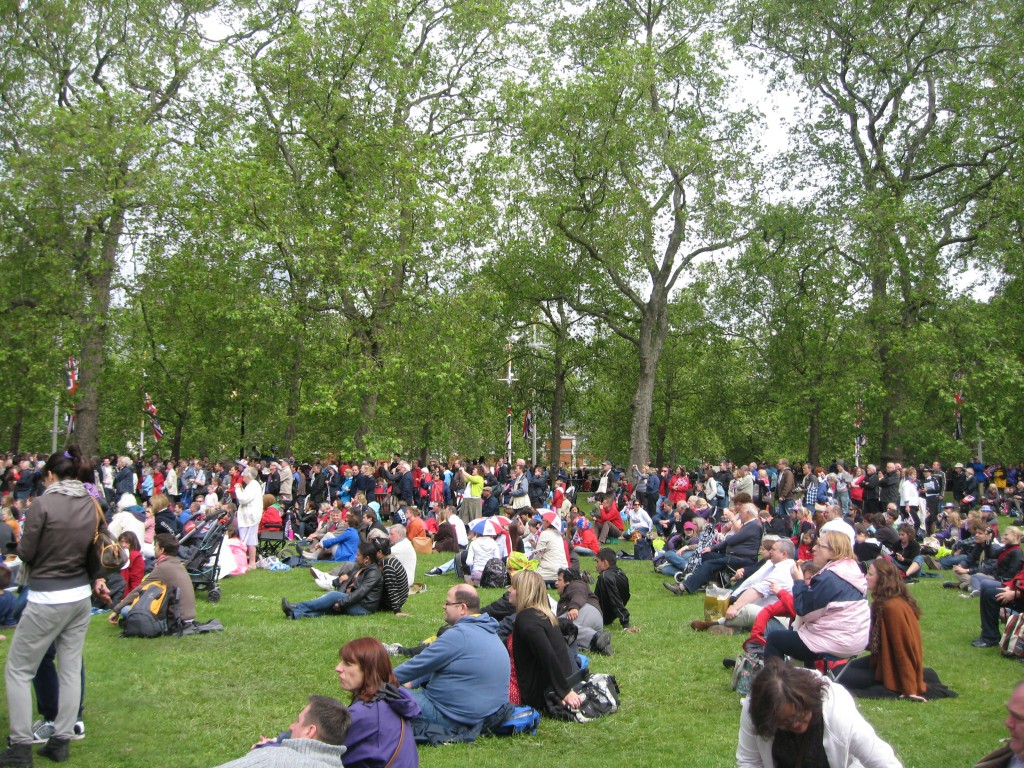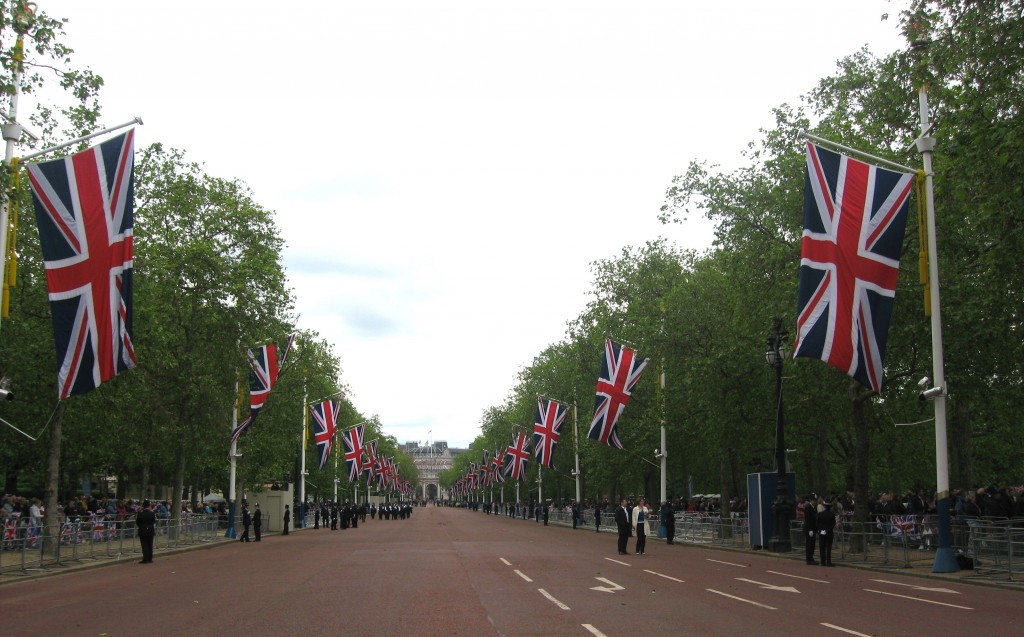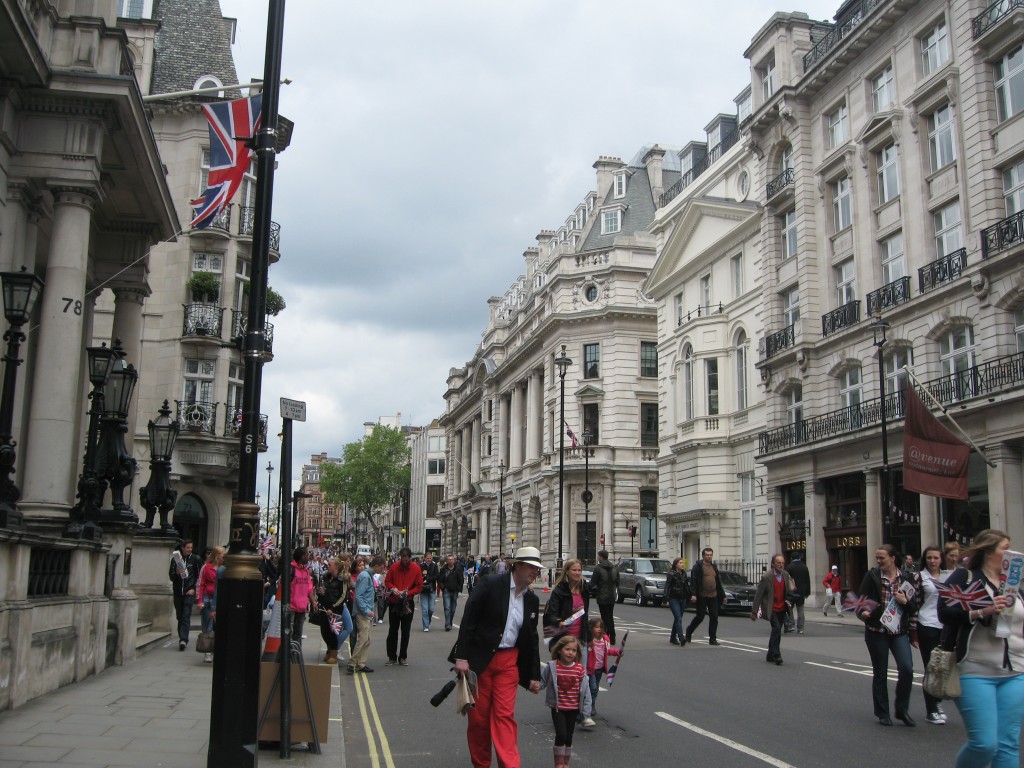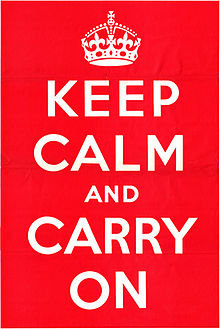Tags
I was called for jury duty this week, so it got me thinking about the legal system in the UK. You don’t see nearly as many courtroom dramas on the English tellie as you do in America. Is it because they are not as litigious as we Americans? Or perhaps their legal system just doesn’t have the same sort of drama that our law firms and courtrooms do? It’s all so complicated, but I decided to try to make some sort of sense of it. Here we go.
The only cinema reference I can easily recall of a legal character in Great Britain is the competent but befuddled Archie in “A Fish called Wanda”. Is this the true picture?
There are three distinct legal jurisdictions in Great Britain…England and Wales, Scotland, and Northern Ireland. Each has its own distinct system of justice.
I love that English law is a rather artful form, and is based on the principles of common law. The law was developed by judges in the court system who listened to all the facts, and then made judgement based on statute, precedent and common sense. Makes sense to me. As common sense adds to the decisions, more precedents are formed to base new decisions on. It is all very fluid, but controlled.
In the early centuries, the judges were responsible for adapting the Writ system for everyday needs, but as Parliament developed, legislation gradually took the place of judges setting the rules. Today, generally speaking, judges must follow the rules, rather than be too innovative.
As in the United States, The Supreme Court is the highest Court in the land for both criminal and civil appeal cases in England, Wales and Northern Ireland and any decision it makes is binding on every other court in the same jurisdiction and often has persuasive power over its other jurisdictions. Unlike in America, it is not totally separate from government. The House of Lords is the court of highest appeal. However, the House’s judicial duties are quite separate from its legislative duties. Cases are heard by up to 13 senior judges known as Law Lords.
In America, we have lawyers who might be a defense attorney, prosecutor or a lawyer in a civil case. In Britain, they have solicitors, who pretty much represent the legal needs of the citizen, and barristers. Barristers are the ones with the wigs like Archie, who take the cases to civil or criminal courts.
Both legal systems presume innocence until proven guilty and give the accused the right to face their accuser. But there are also some major differences between English Common Law and The American Legal System.
English Law evolved over time based on circumstances and judgements. Precedents are key. In the past, religious advocacy determined the direction of the English courts. This has now changed in modern times. In America judges were appointed or elected by politics–even to the Supreme Court.
The U.S. has an Attorney-General in charge of the legal system in the Executive Branch, as well as the Supreme Court and Federal Courts. In Britain the Home Secretary who has overall responsibility for the criminal justice system in England and Wales and for advising the Queen on the exercise of the royal prerogative of mercy to pardon a person convicted of a crime. In America, the President has the power to pardon.
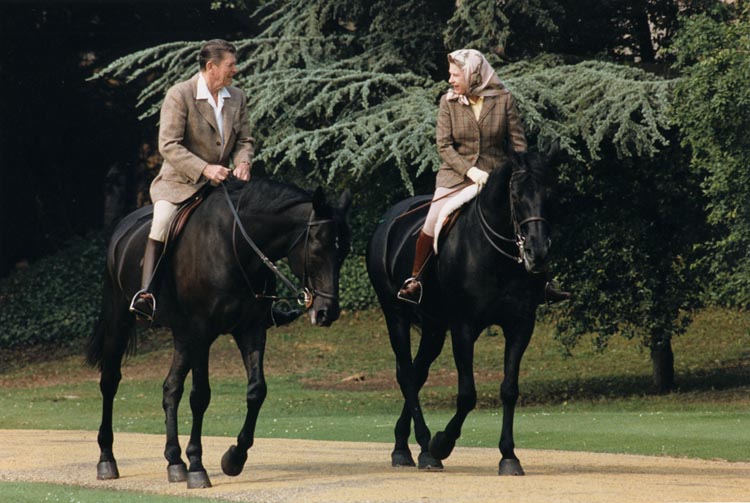
In the UK the Queen has the power to pardon. In the US, the power belongs to the President. President Reagan and Queen Elizabeth in 1982. Photo courtesy of Reagan Library, from Wikipedia.
The biggest difference of the two legal systems is perhaps that in the U.S.,the Judiciary has control over its own actions. It is the Constitution that supposedly controls the judiciary’s actions, and therefore is not subservient to the executive or legislative branches of government. In Britain, the judiciary is connected to Parliament.
In the U.S., there is trial by jury composed of one’s peers, and jurors are chosen by a willingness of the two sides to agree on who shall be chosen, and who would be excused. In Britain the jury is not chosen by the Crown, or the Queen’s Counsel. They are randomly selected by the Jury Central Summoning Bureau from the electoral register. They are then compelled to serve, unless they have compelling evidence why serving would be inconvenient. Even then, it is very difficult to have their service deferred. In both countries no one serving on a jury is supposed to have any connection with the case
The greatest similarity between the two, is that they evolved over time, and change does not come quickly — evolution rather than revolution. It all is so complex and still somewhat baffling. I’ve done my amateur best to make some sense of it, but all I know is, I am glad both countries have the free systems that we do.


